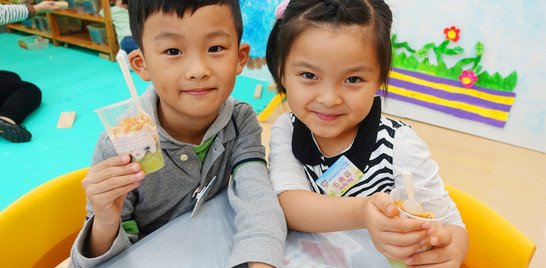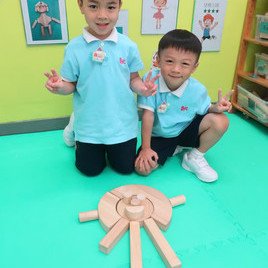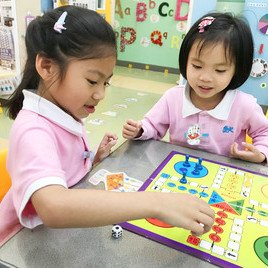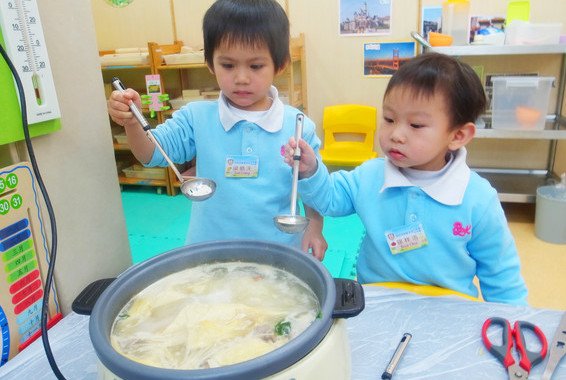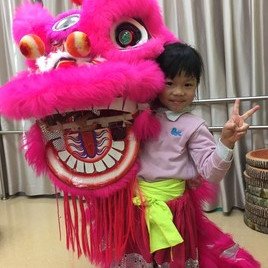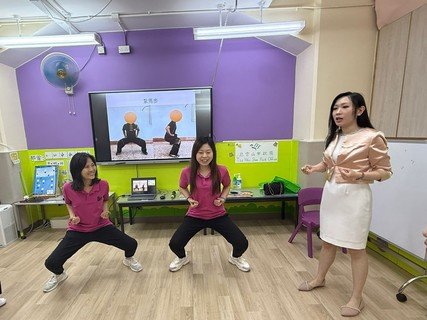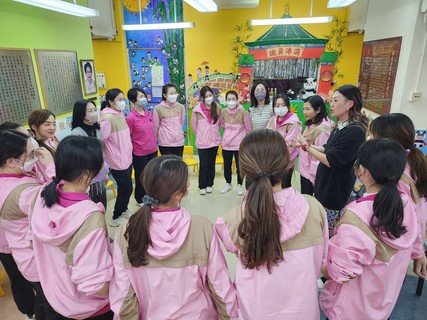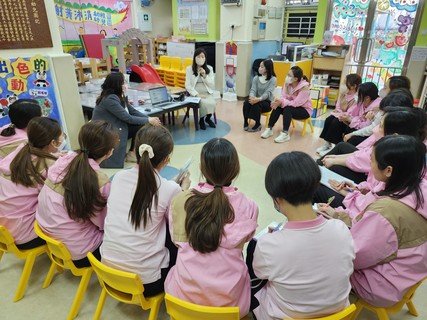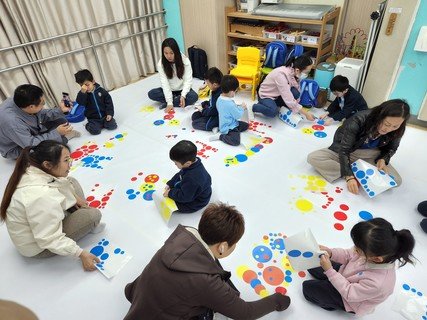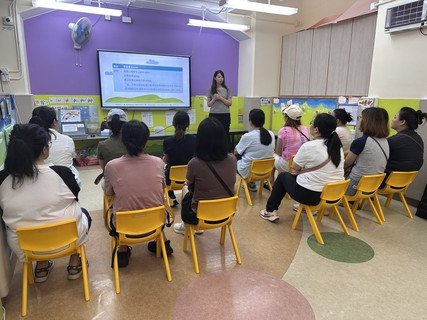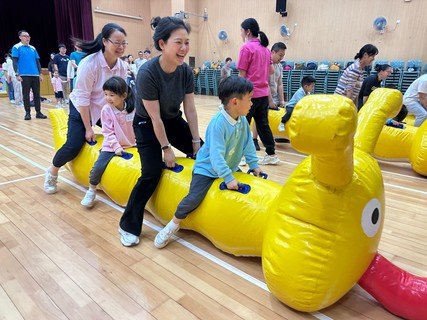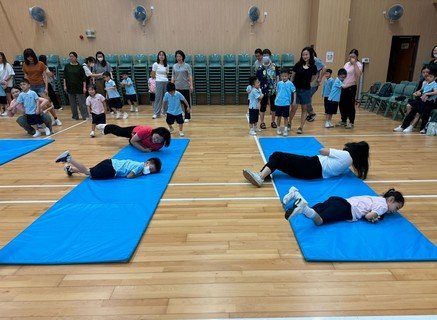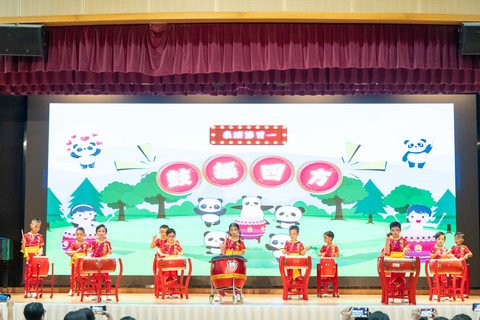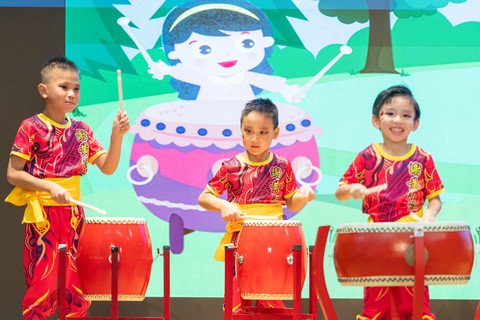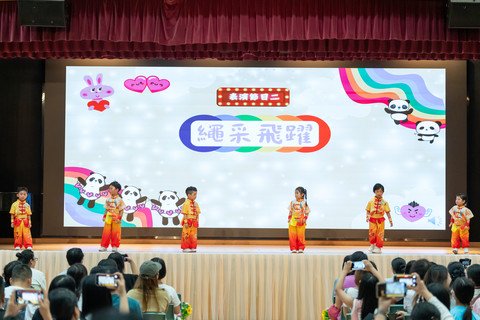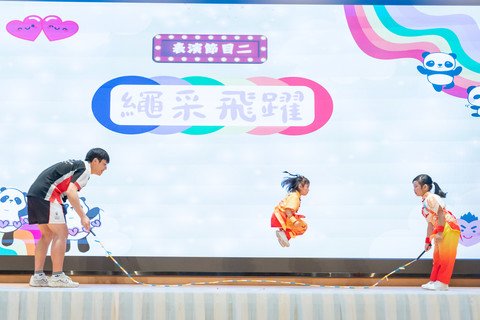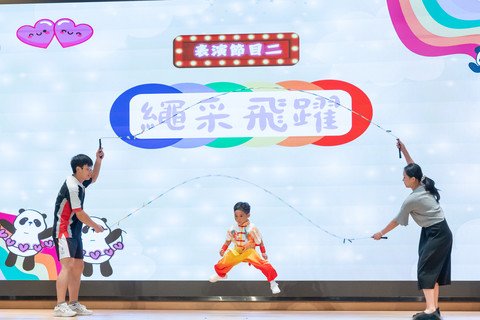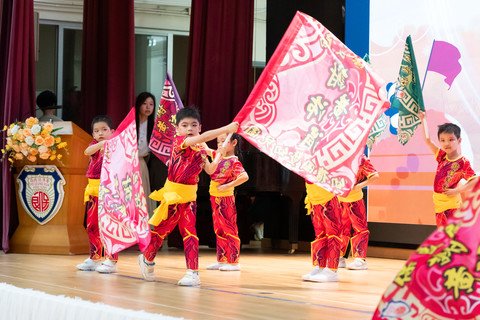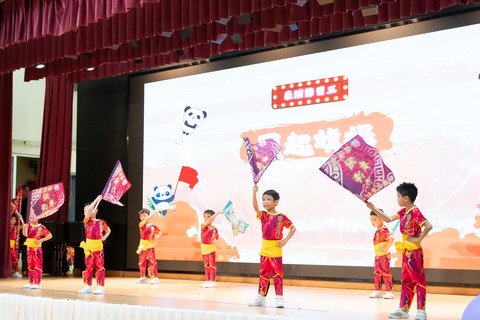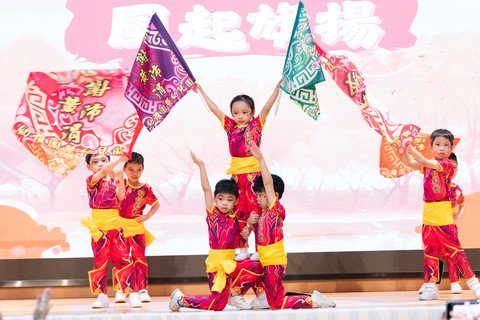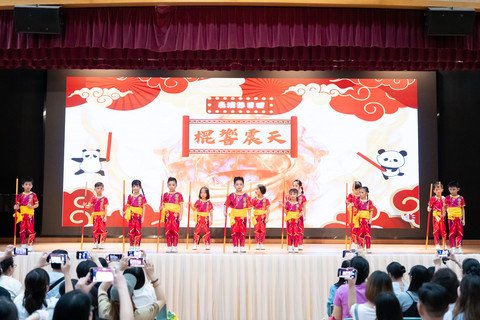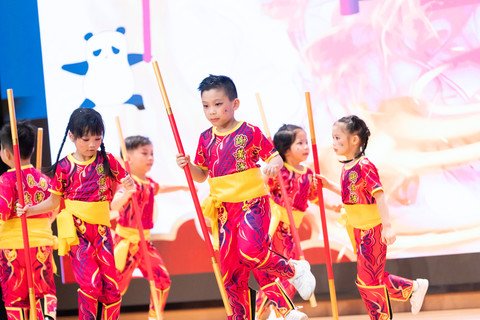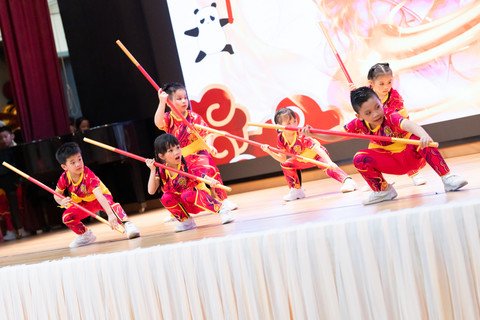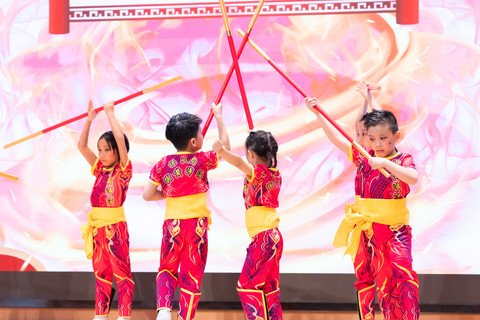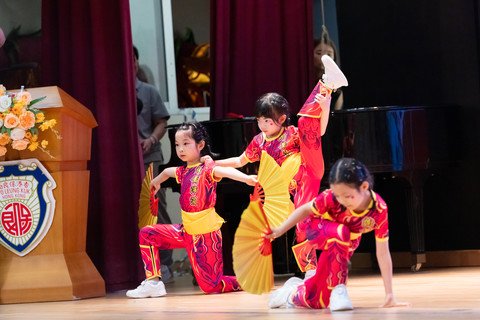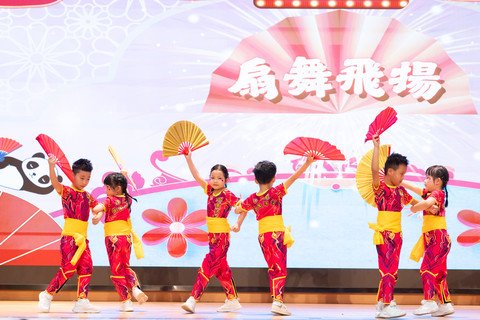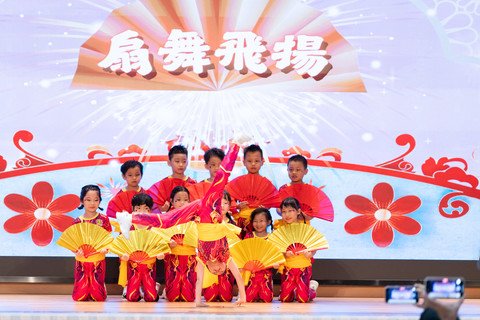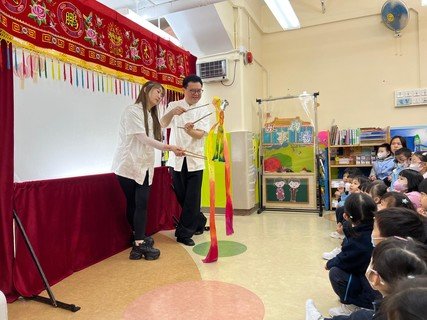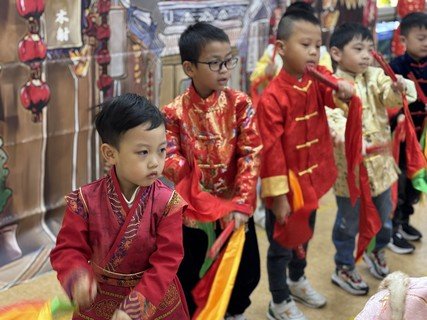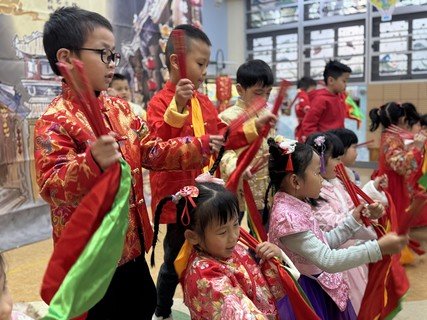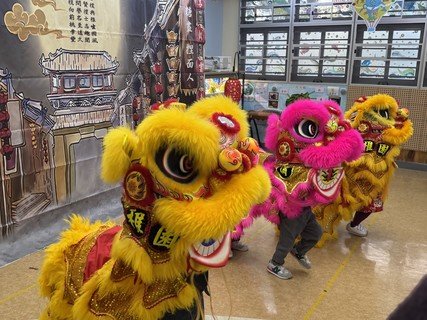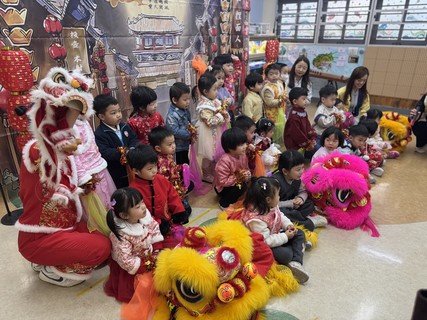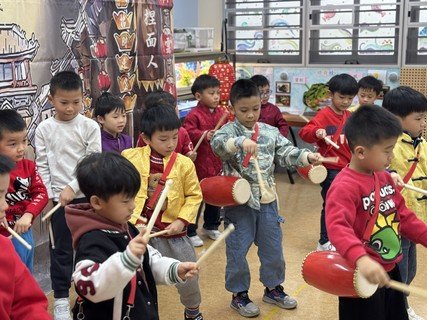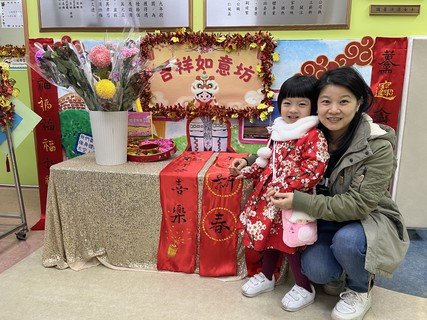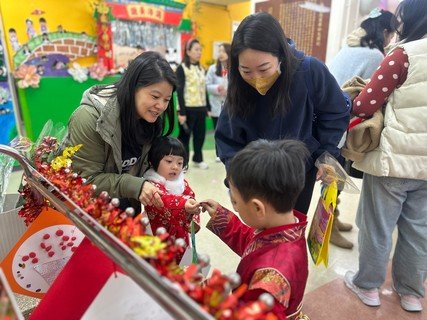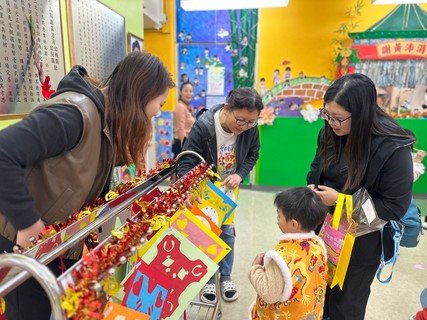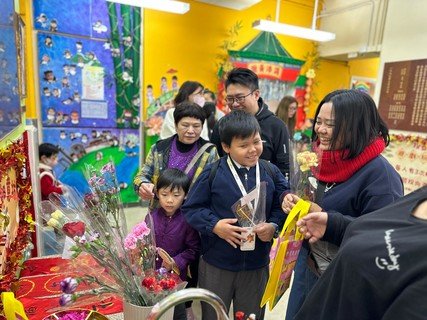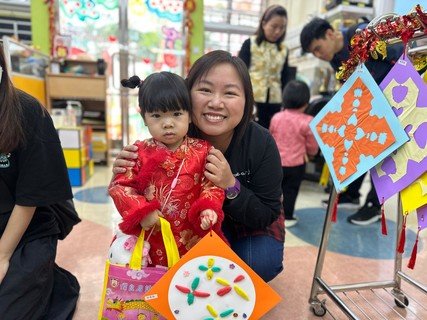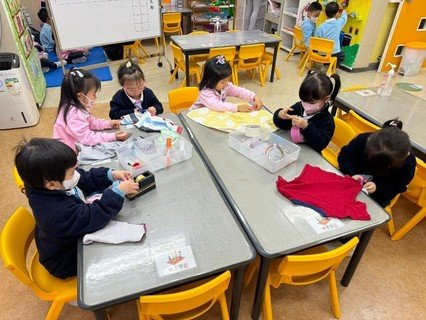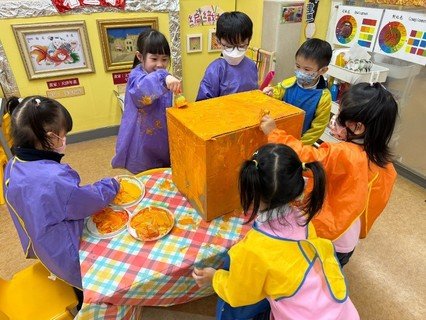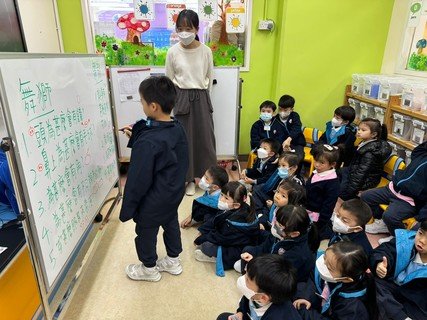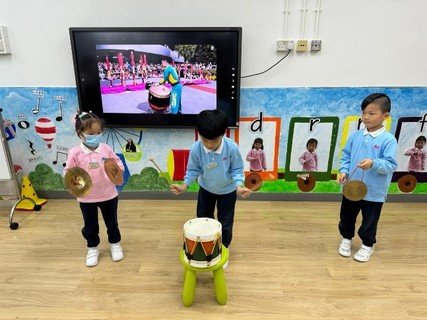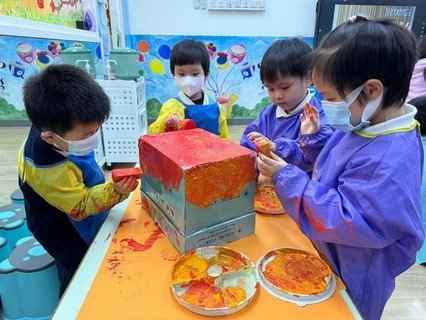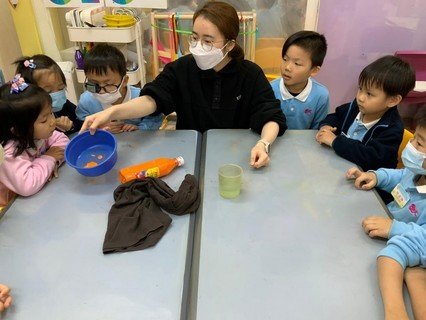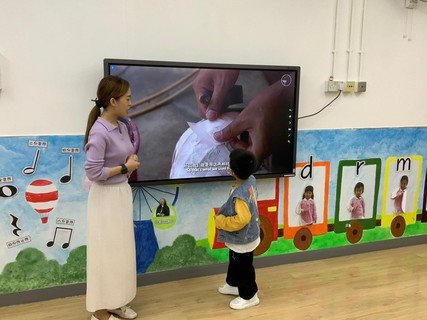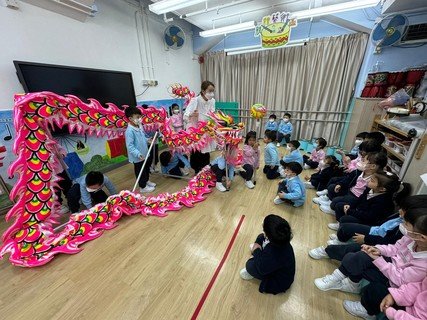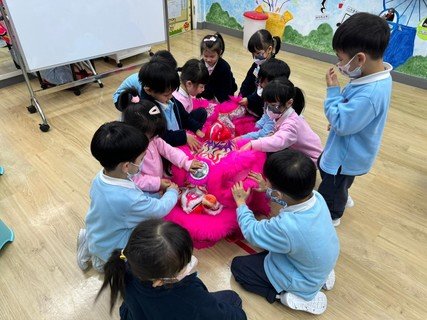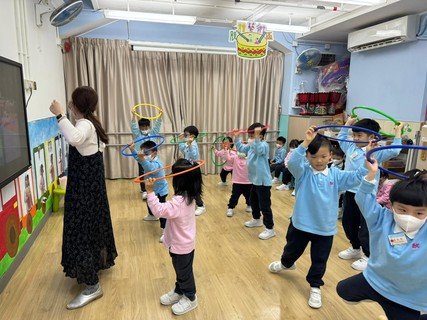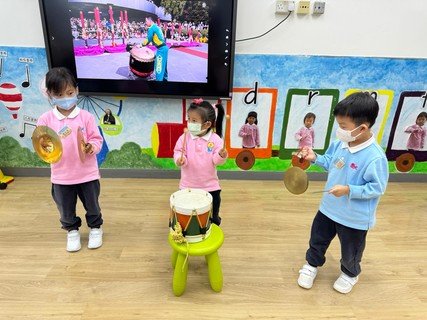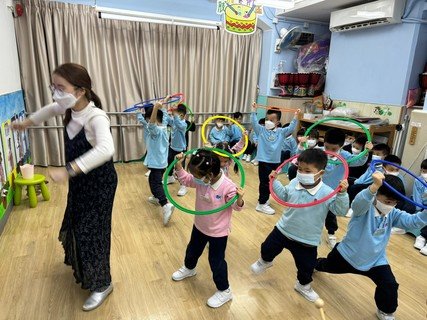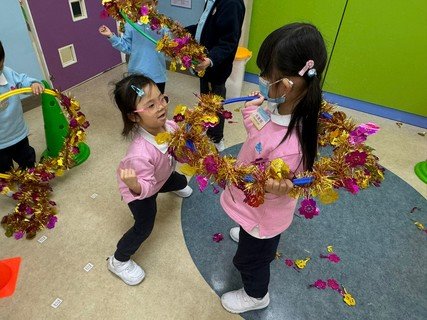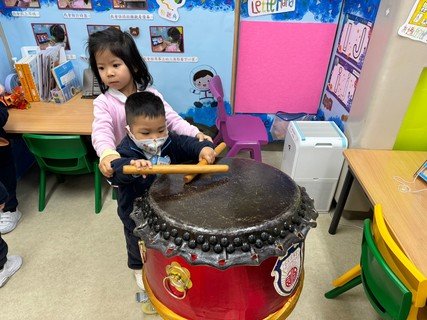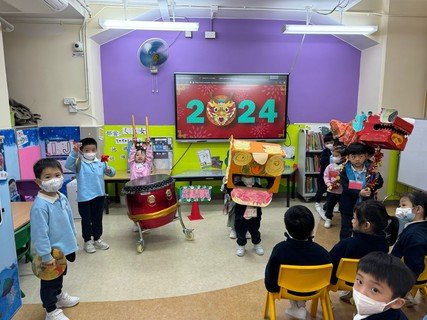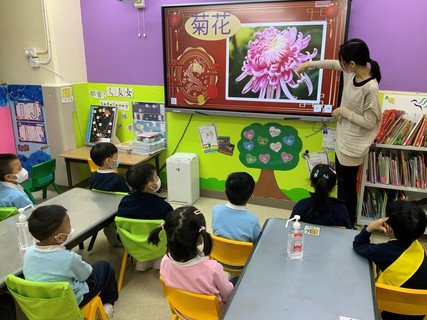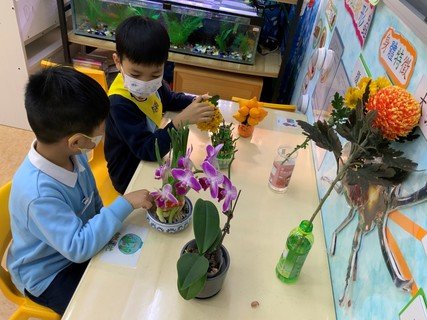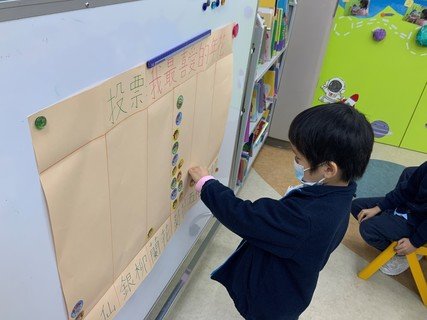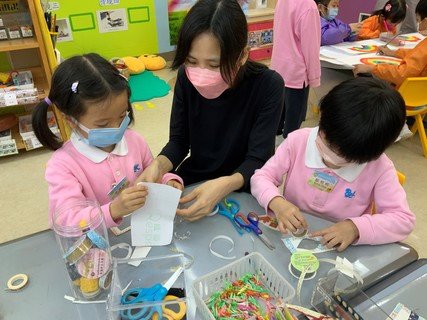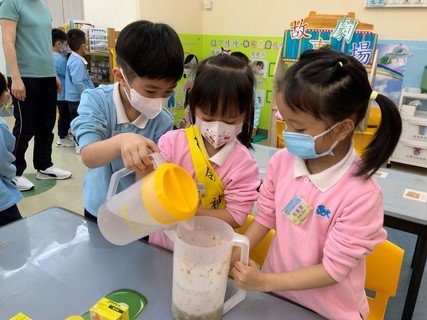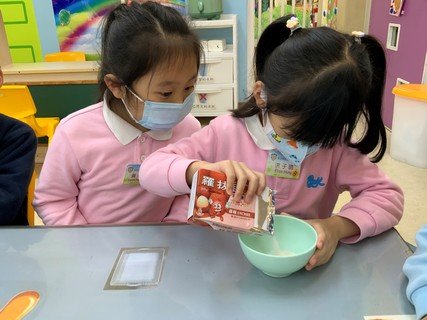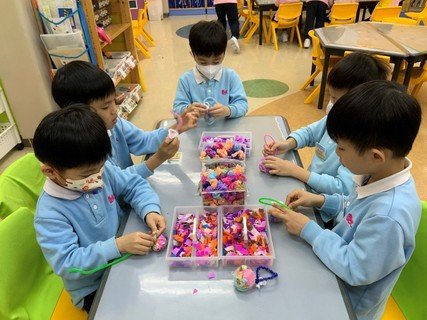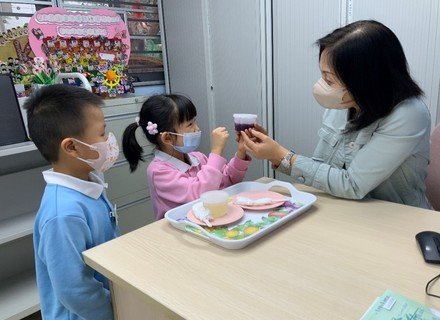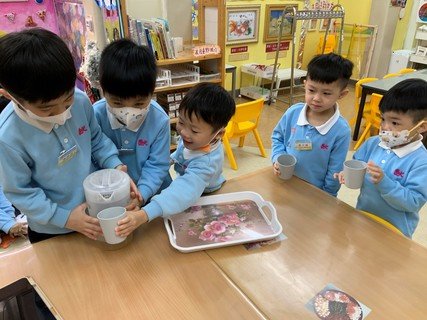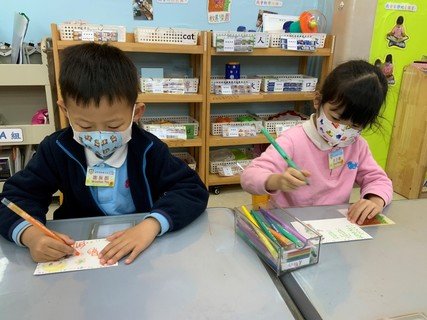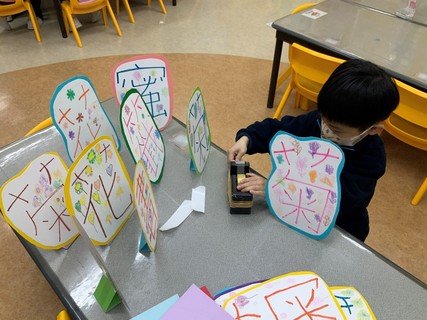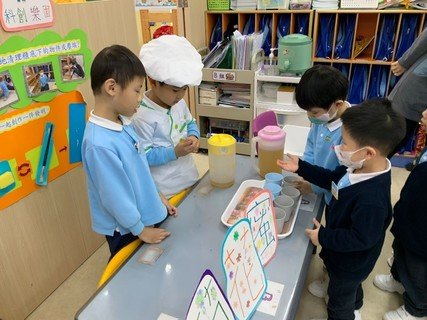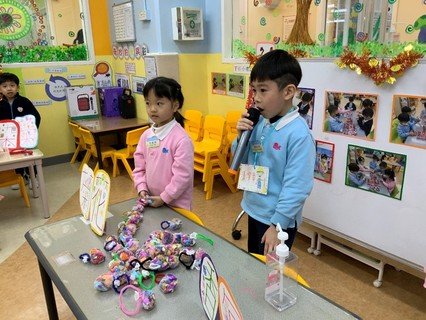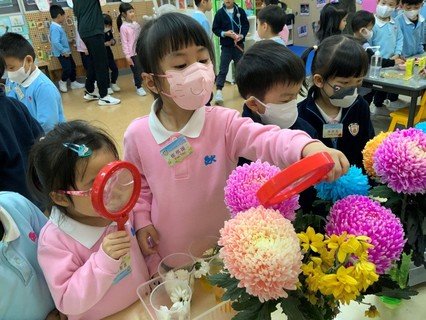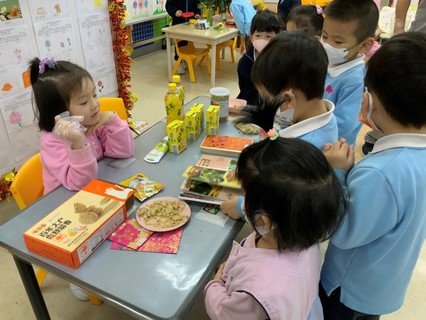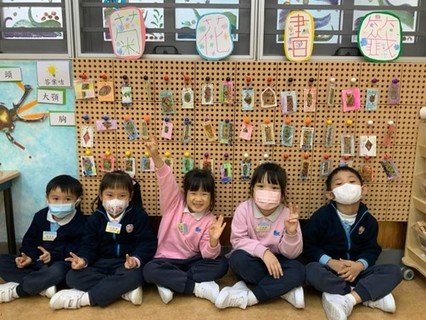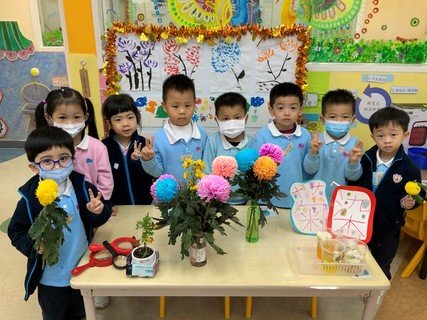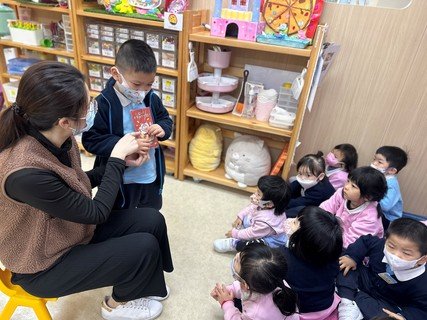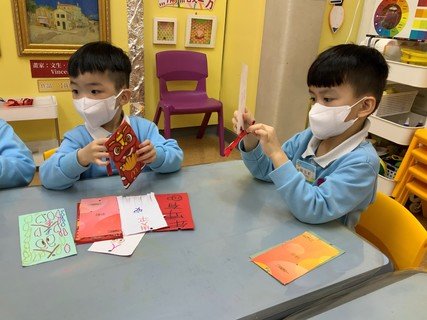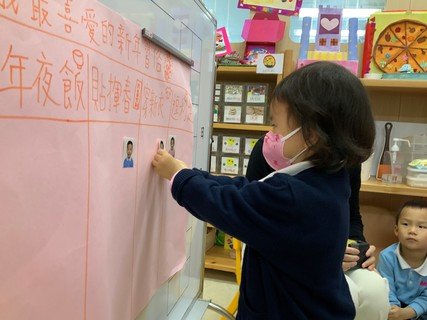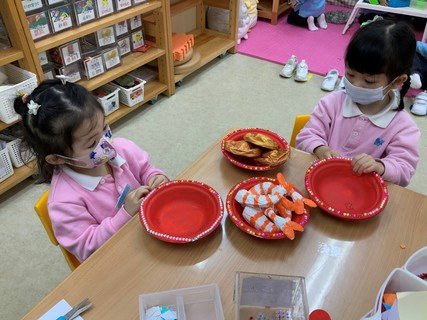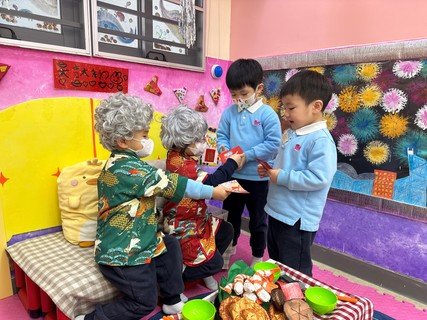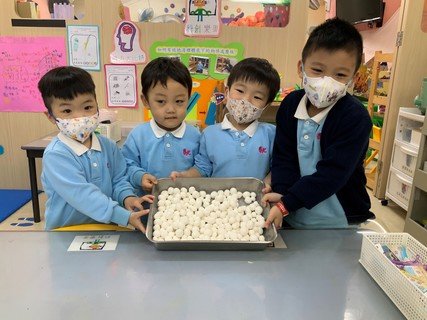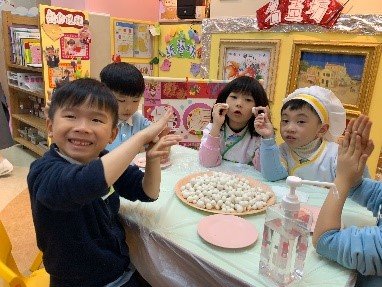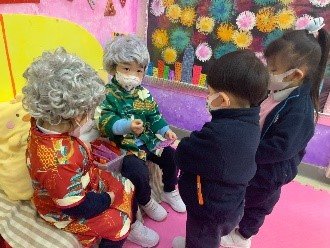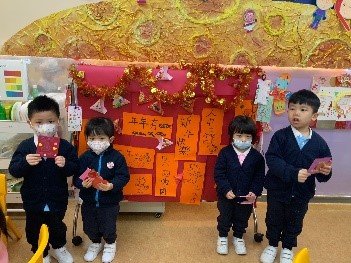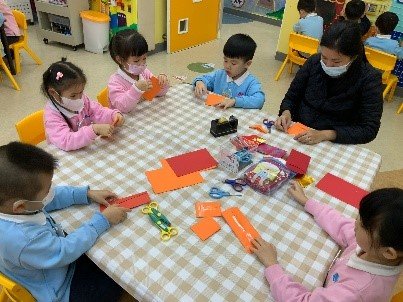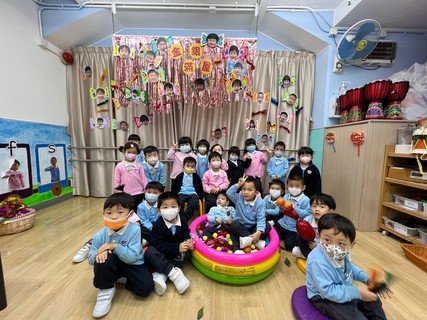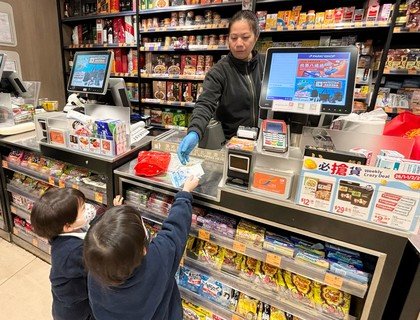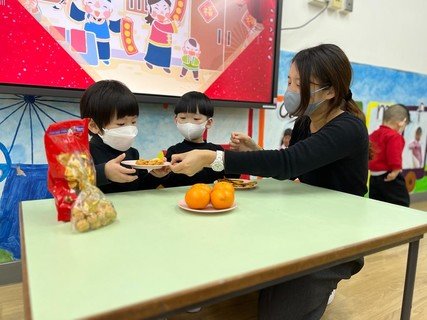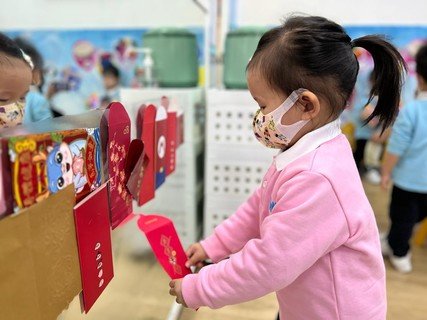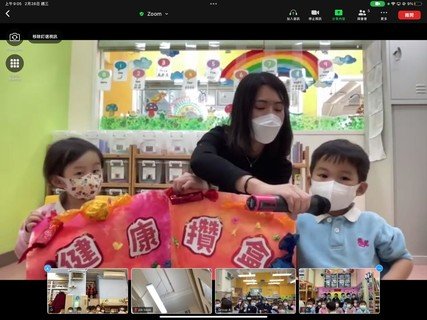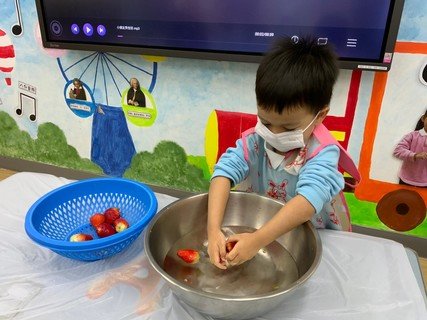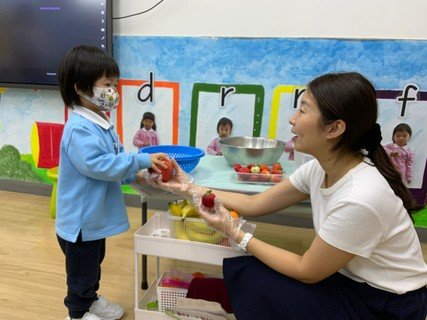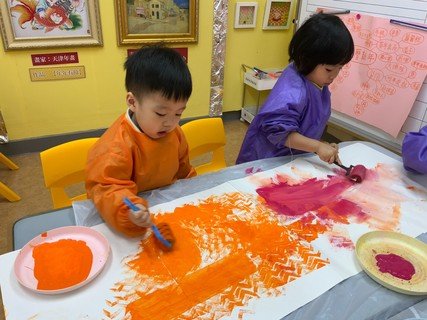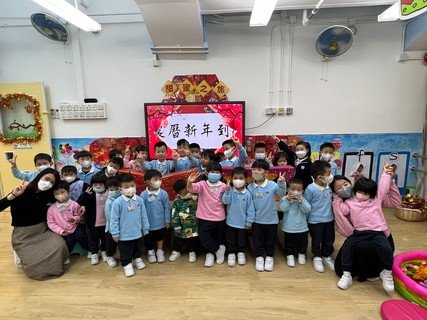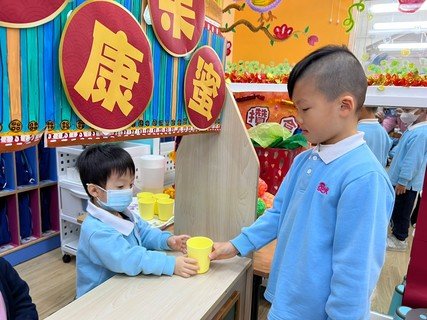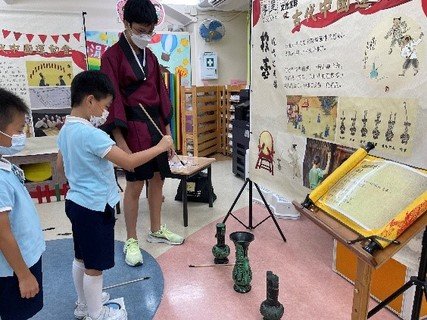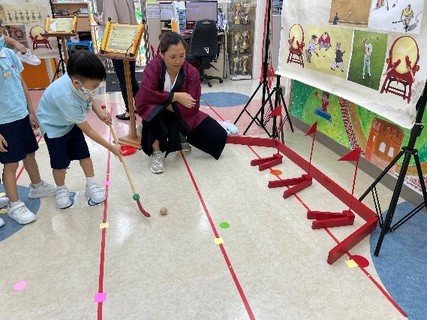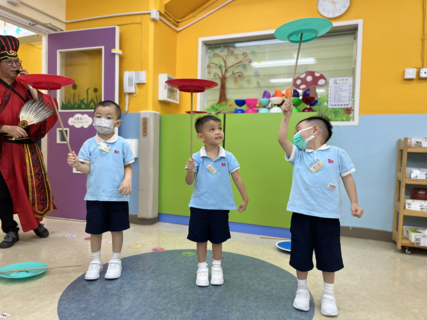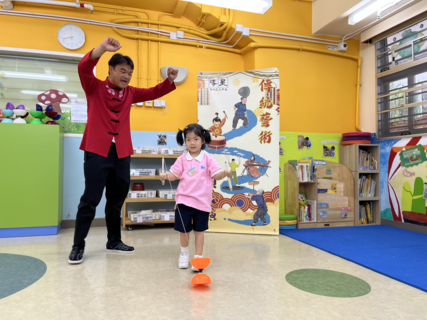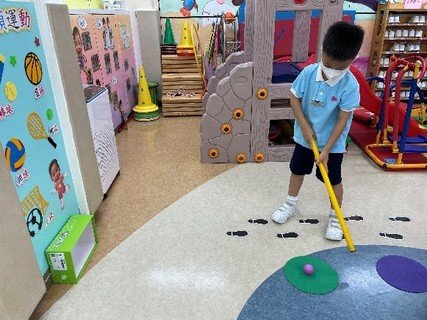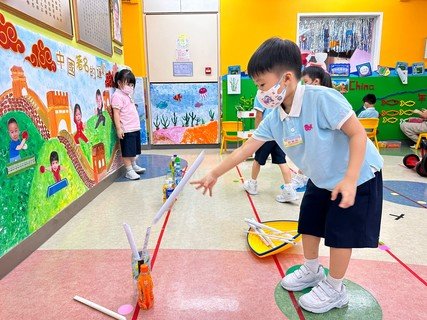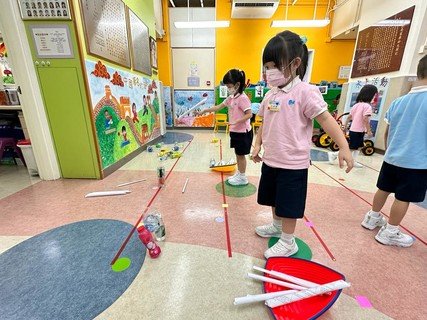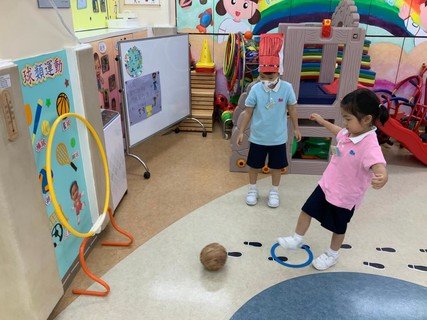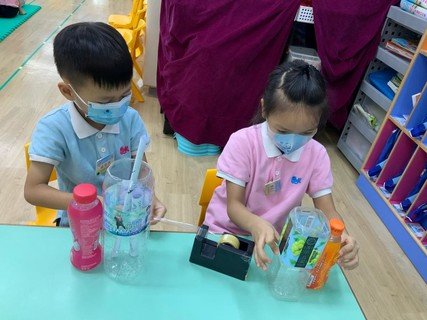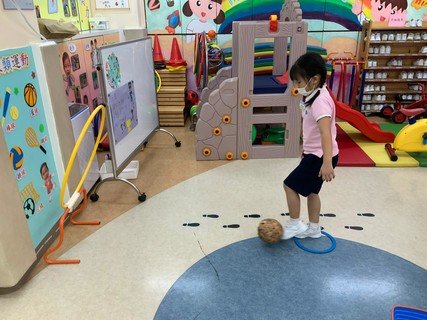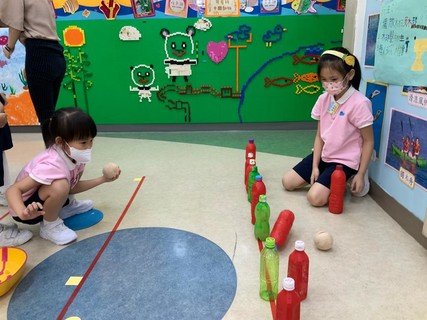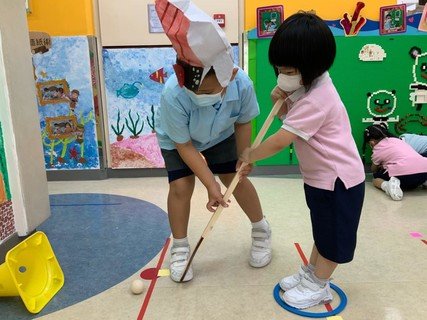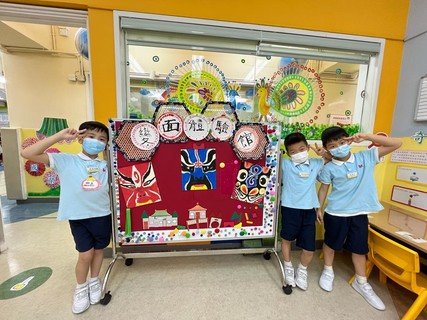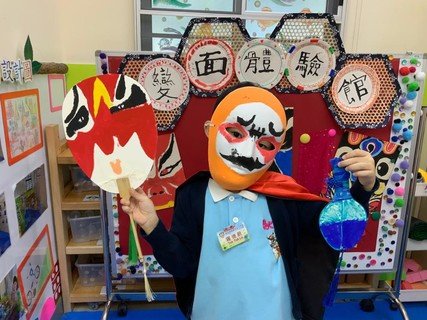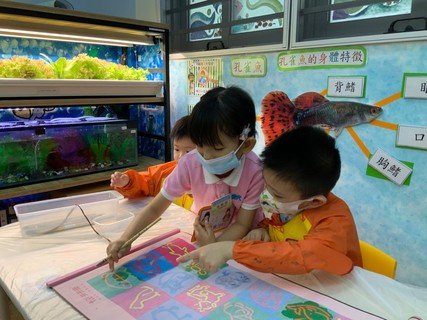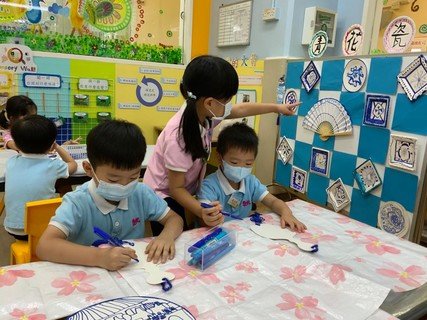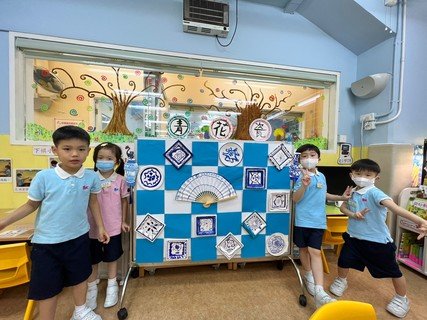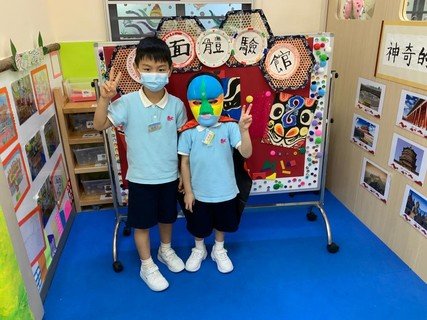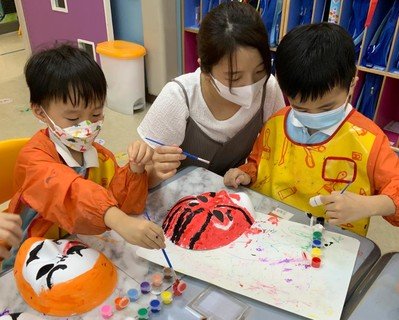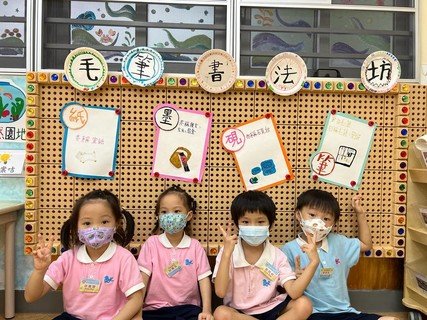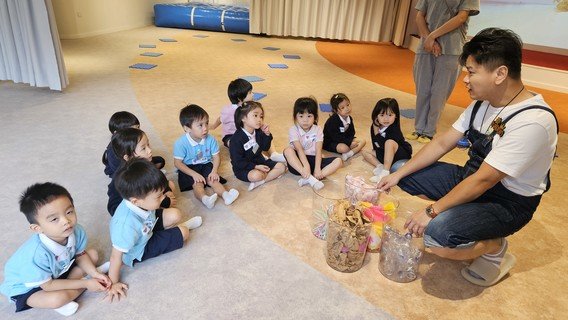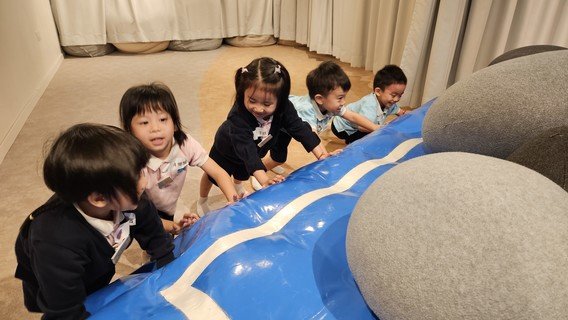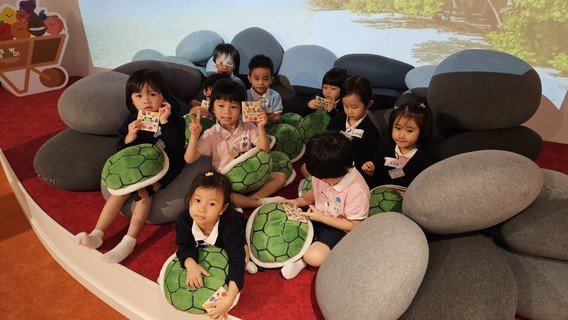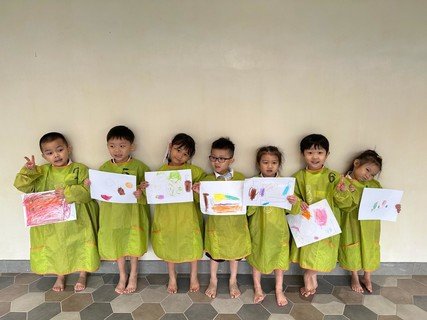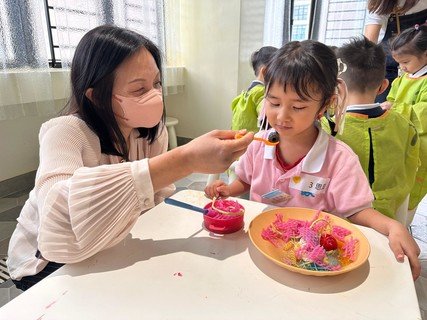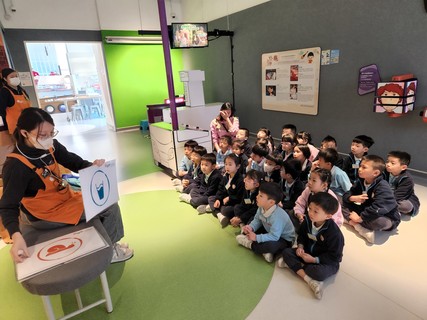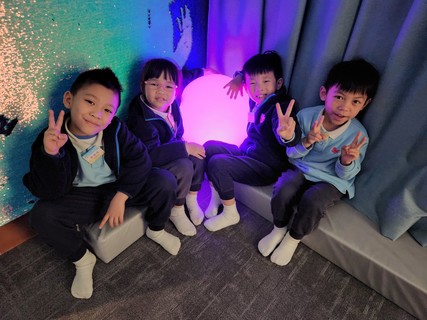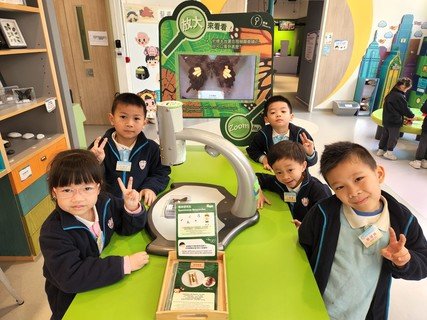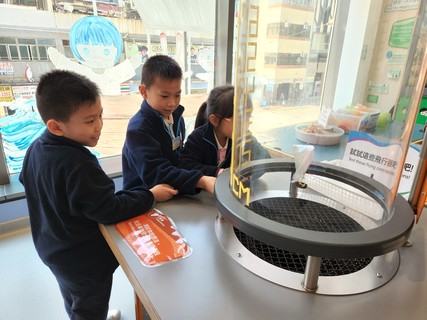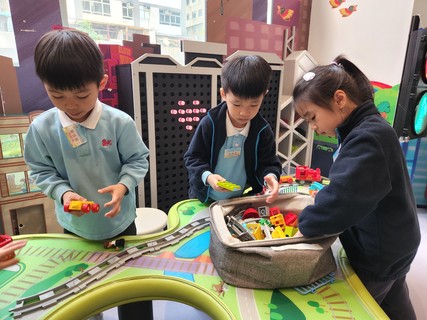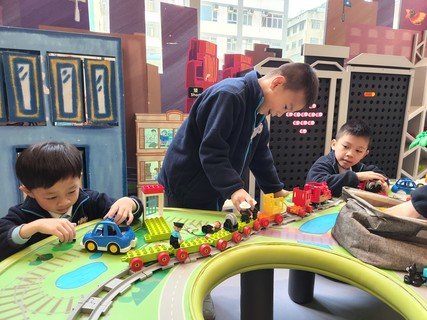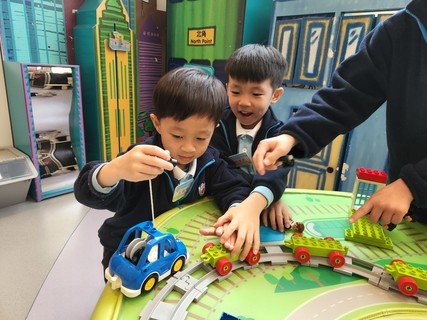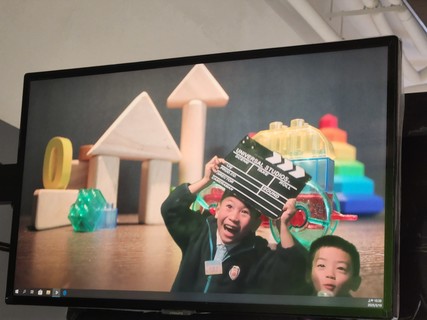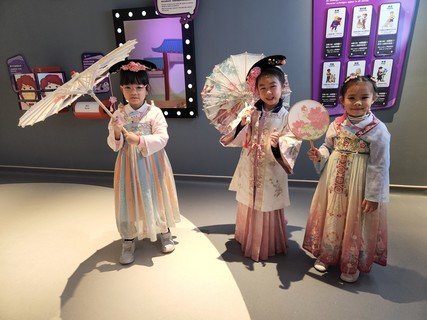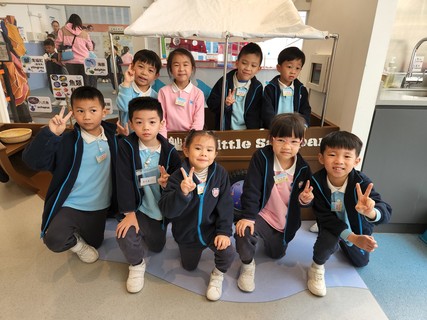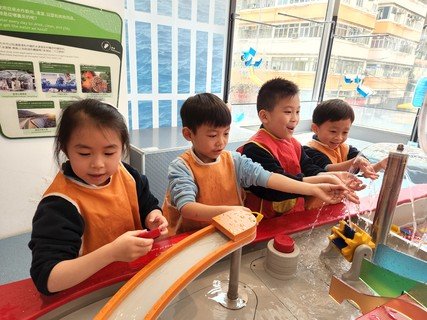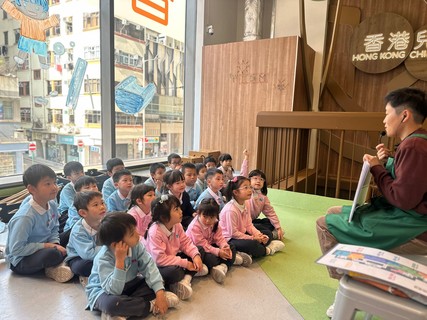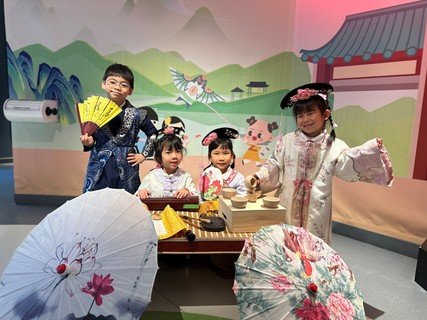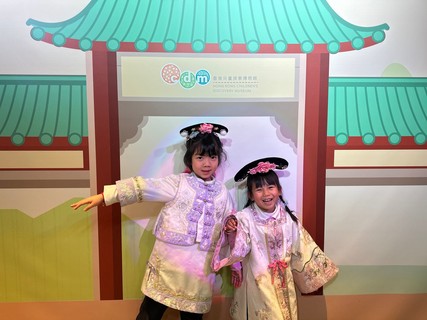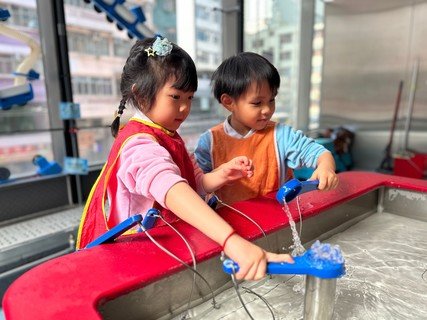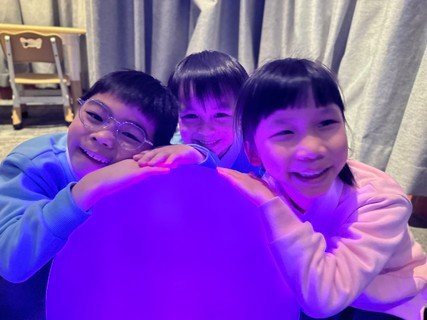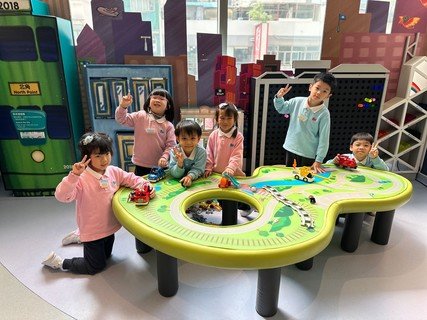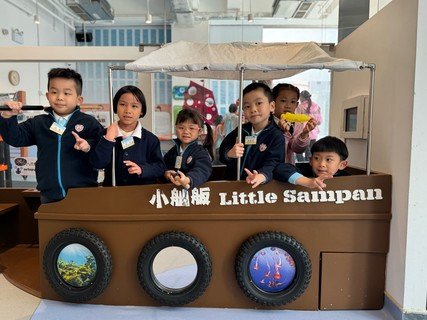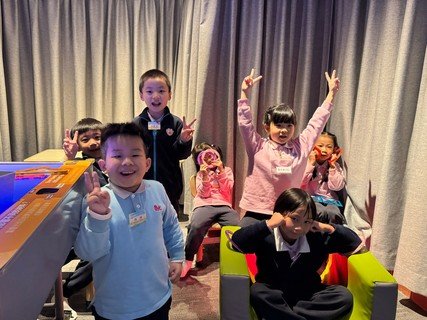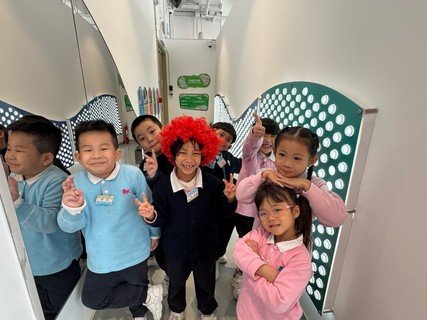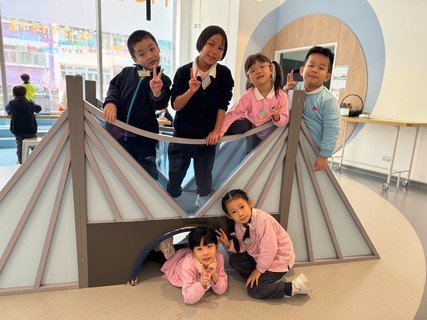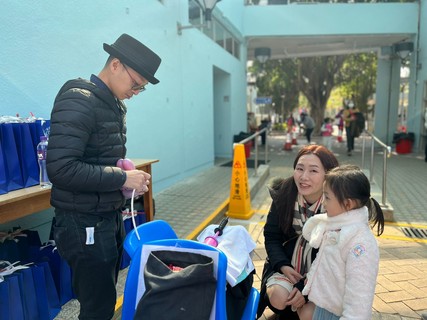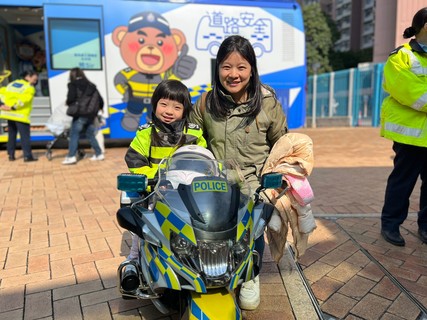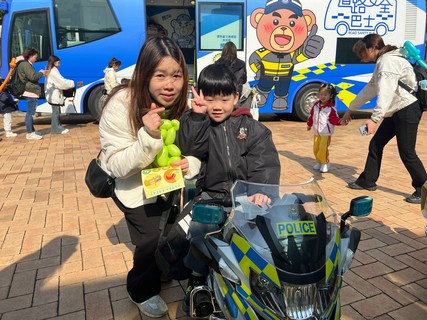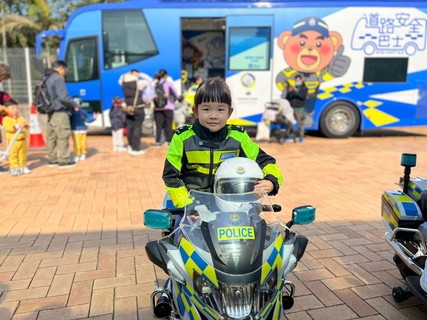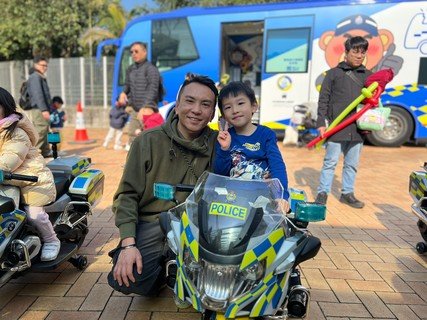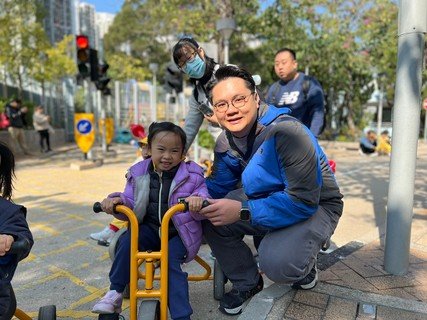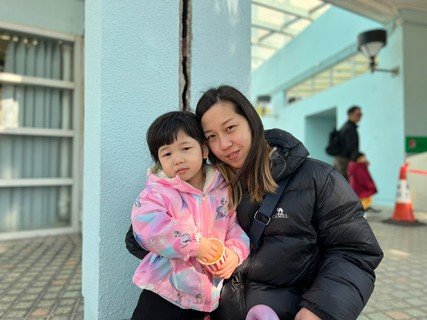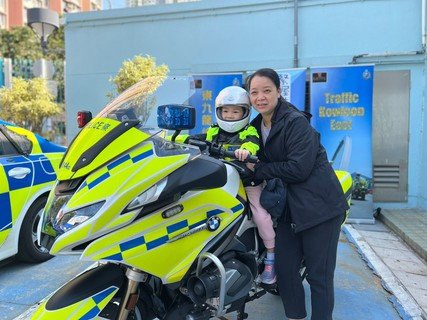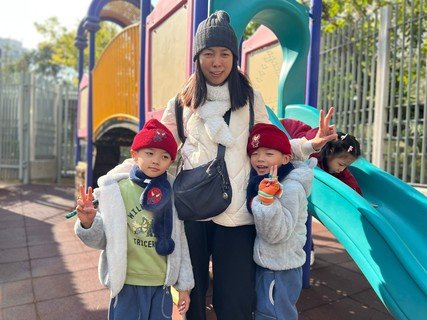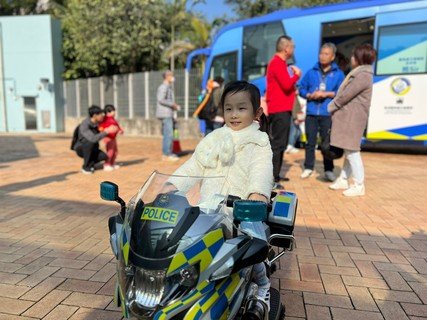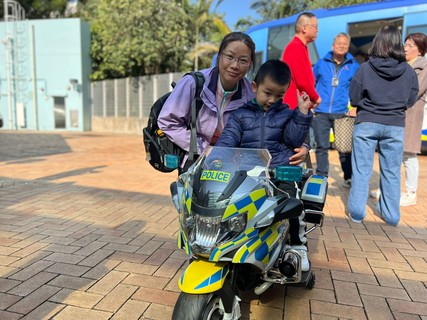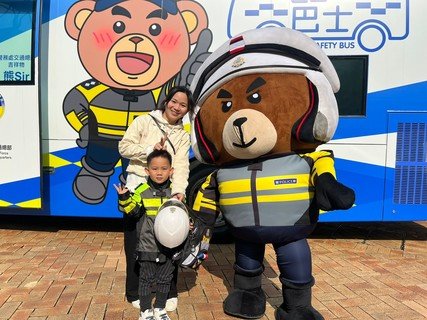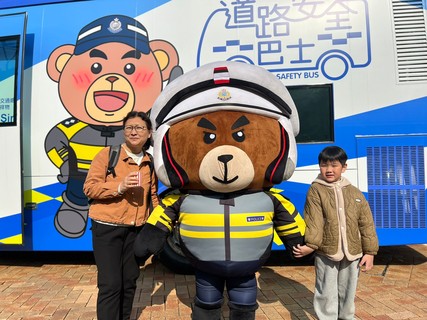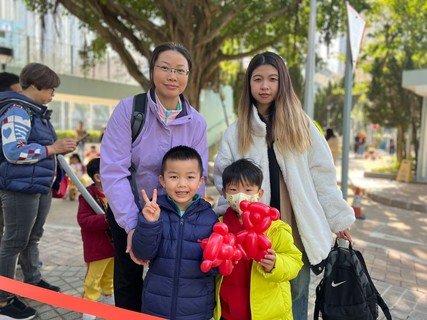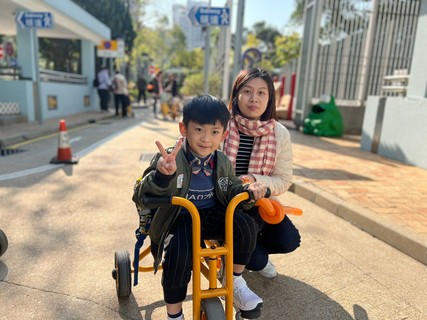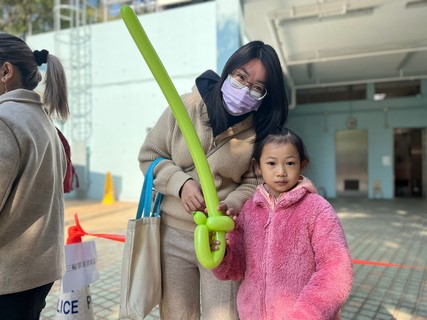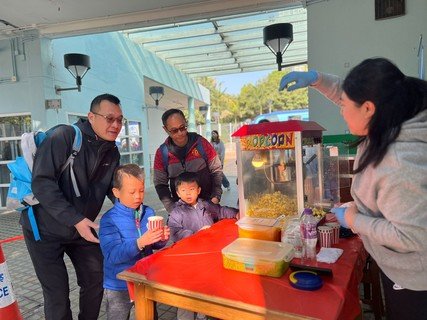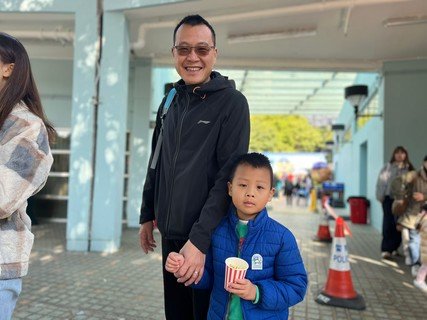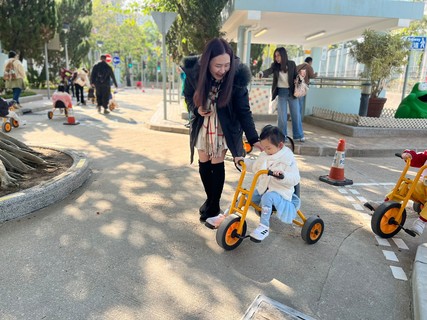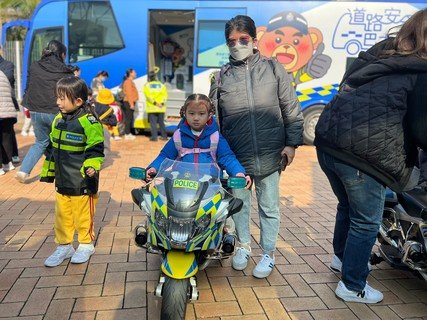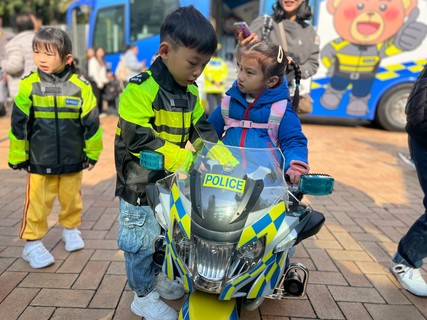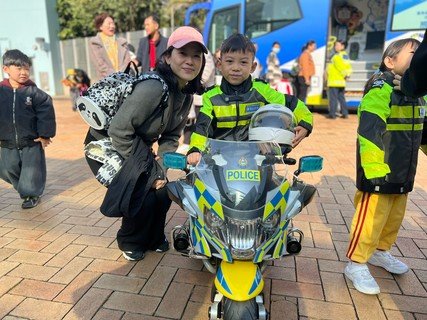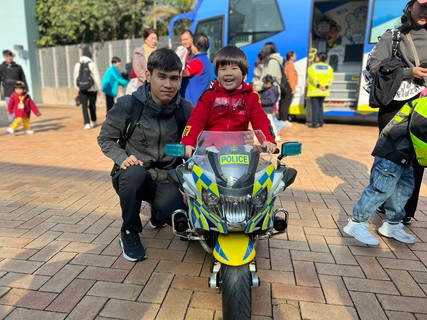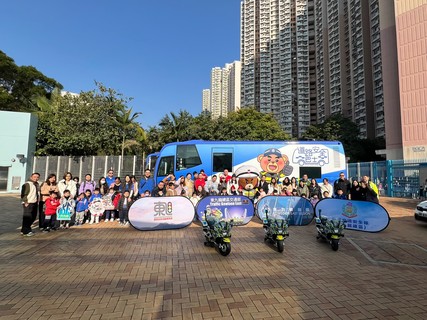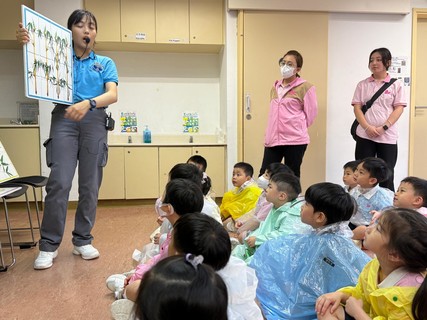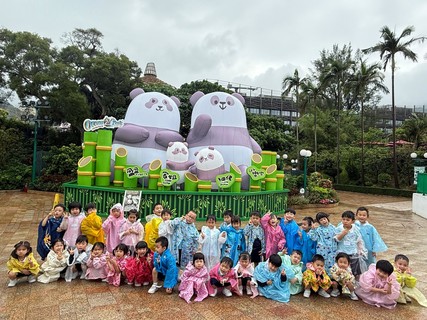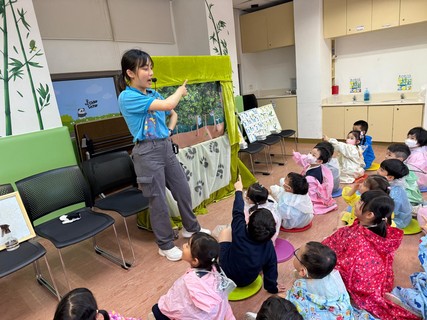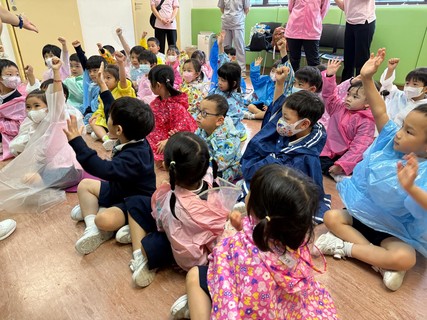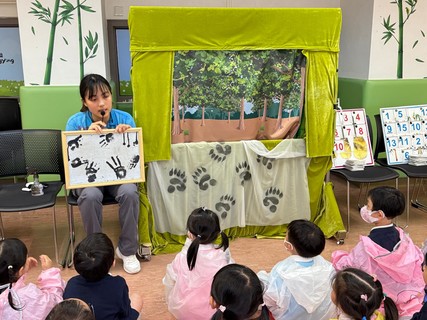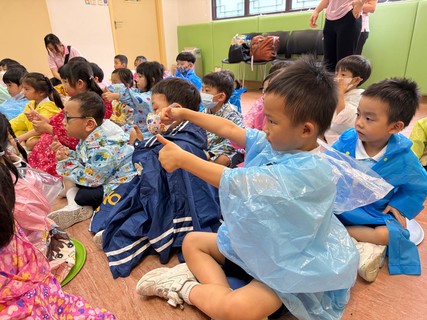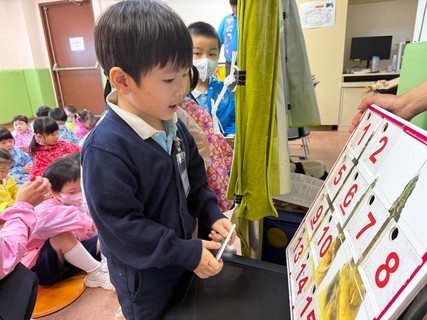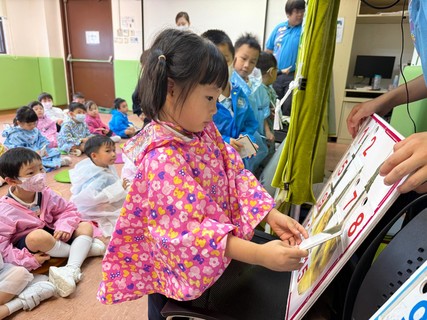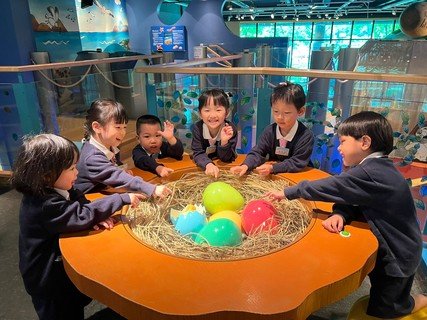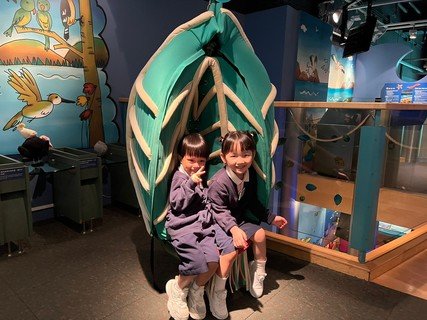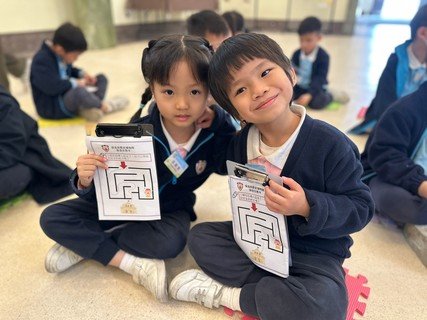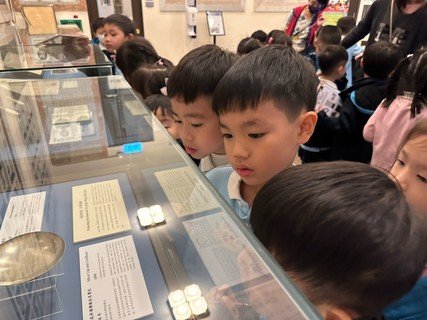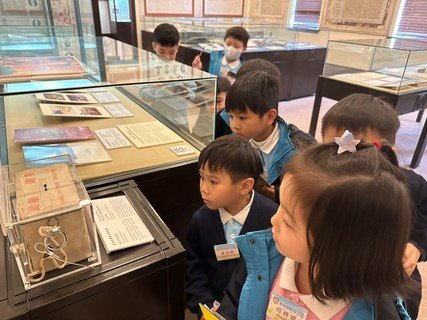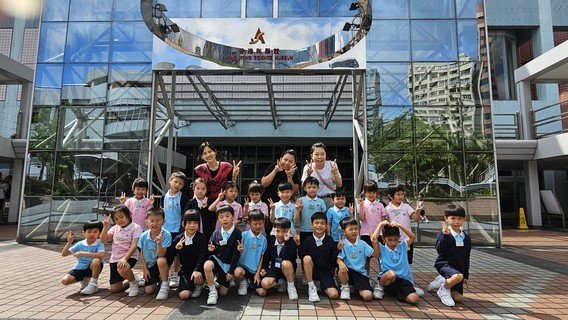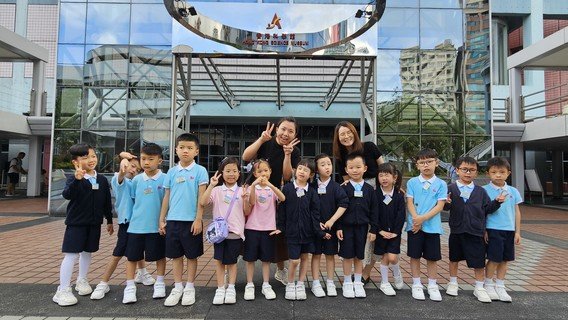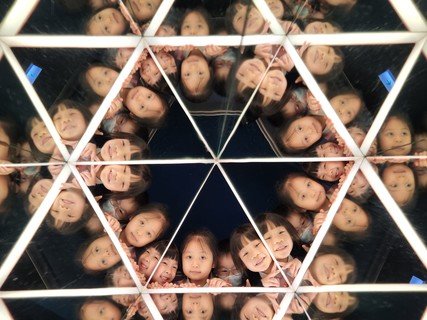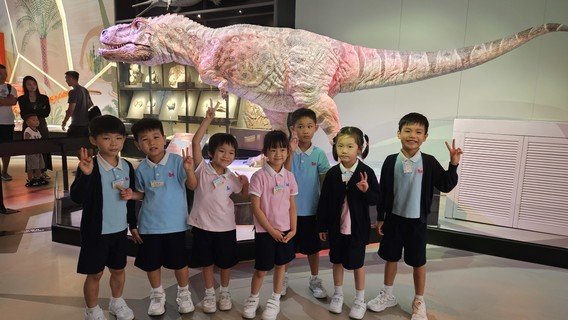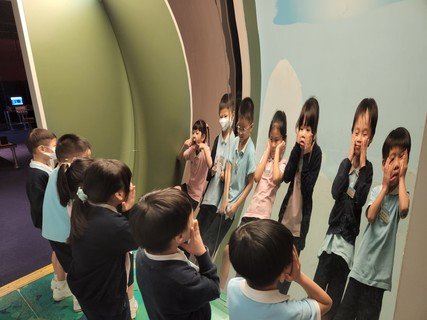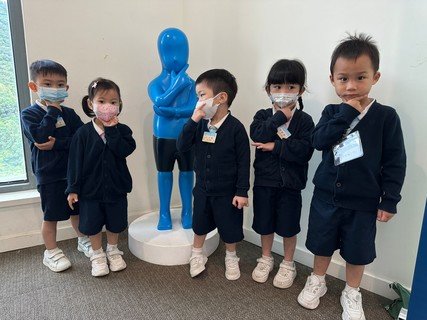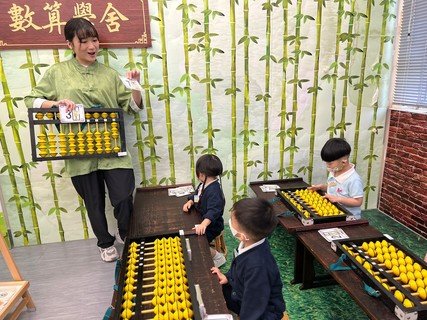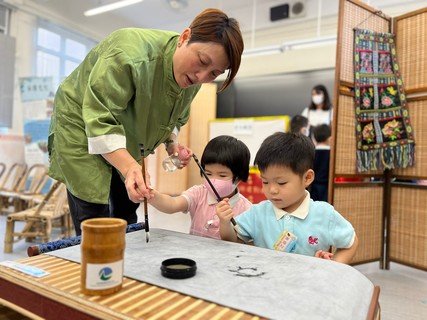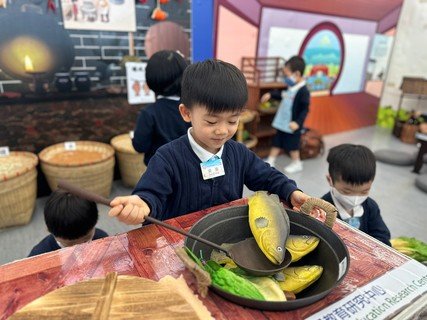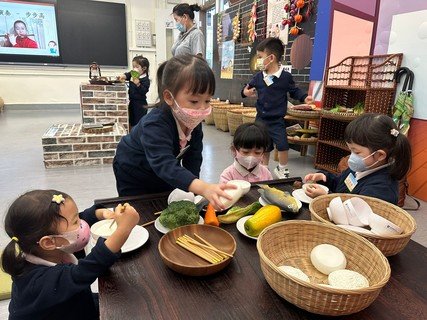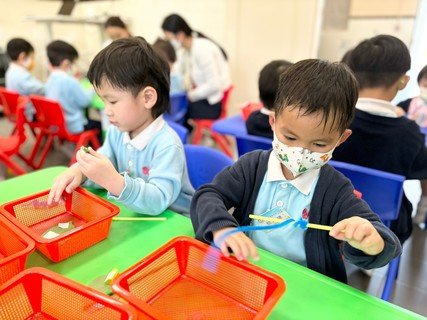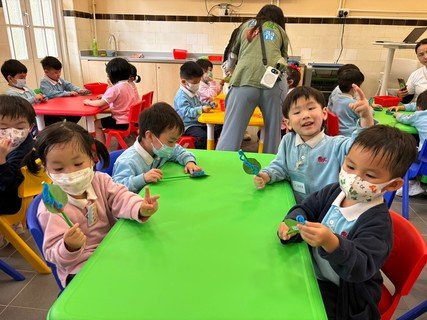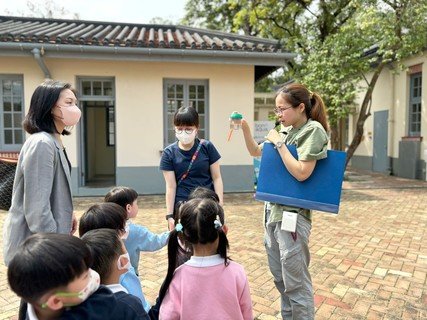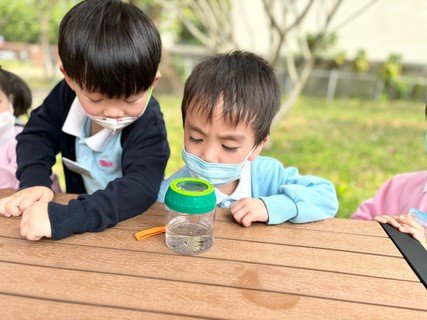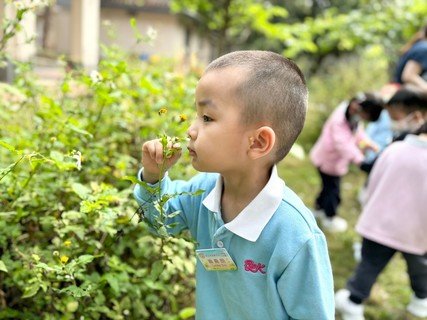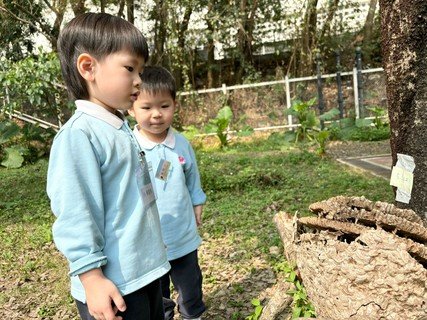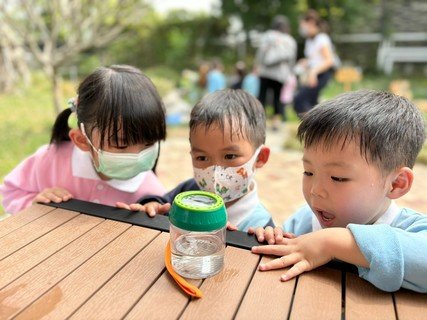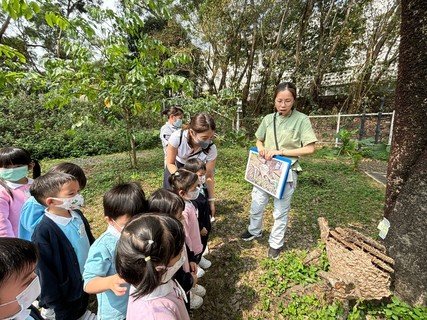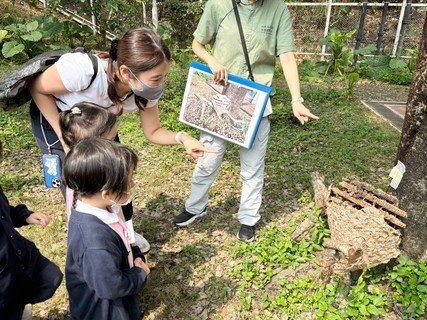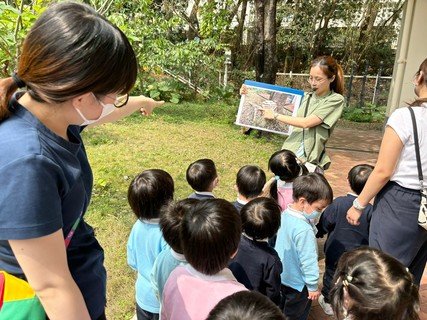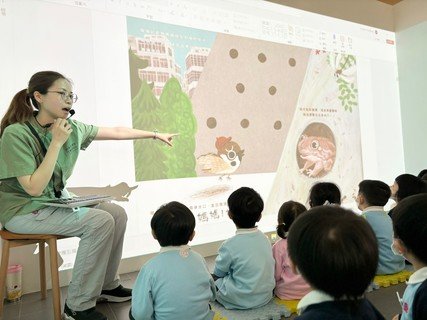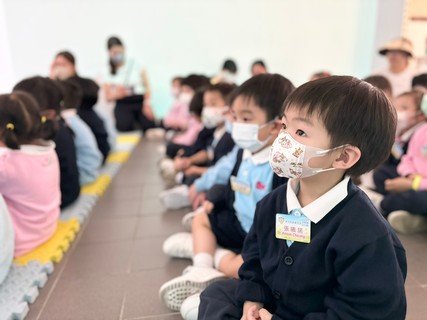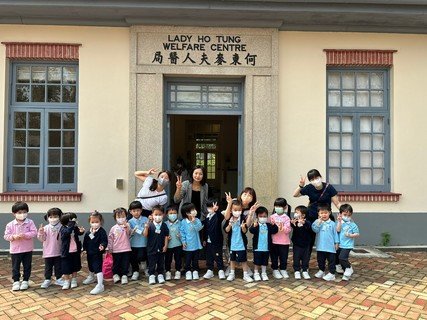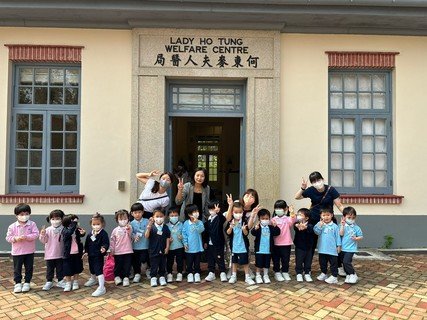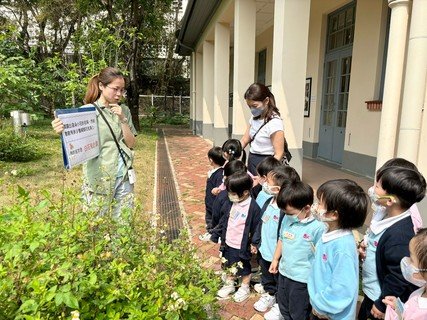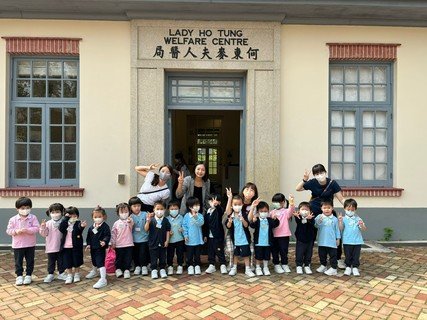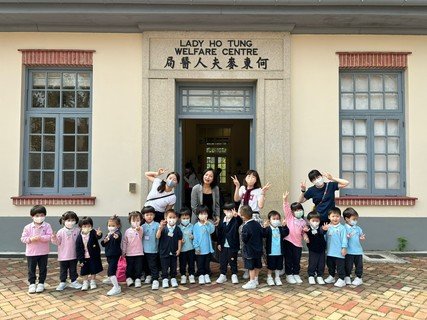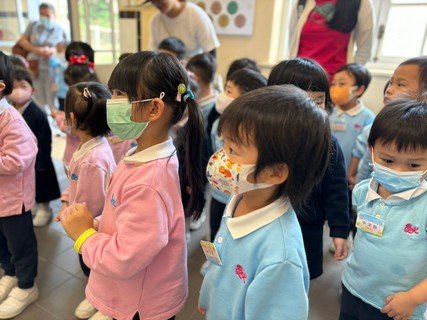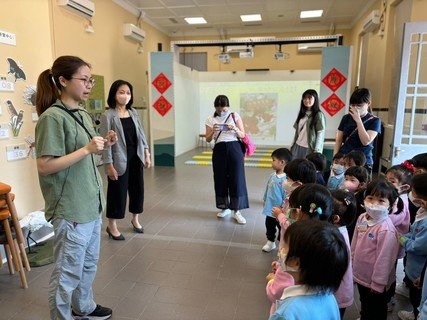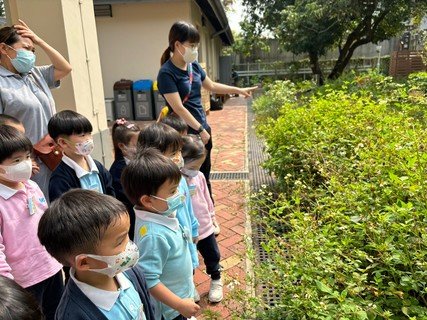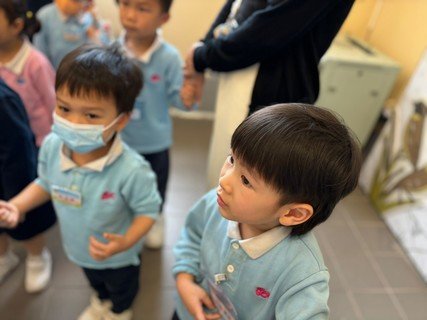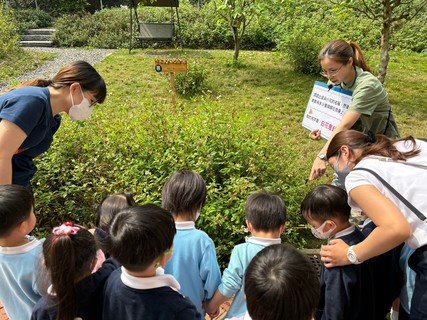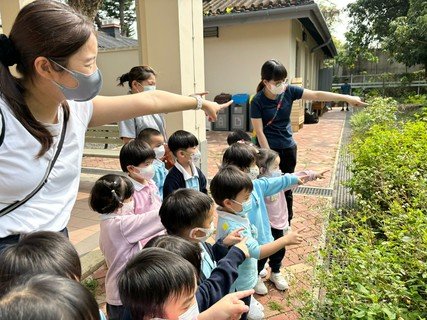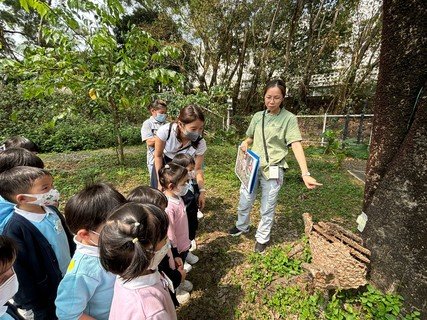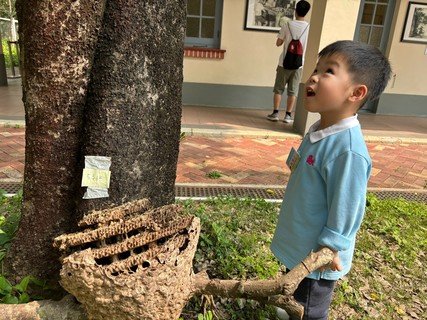Curriculum
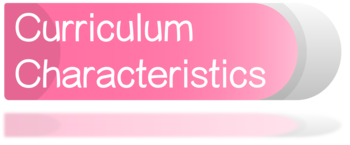

The Kuk attaches great importance to child-centered education to accommodate the individual differences among its students. Children can learn at their own pace by selecting the learning activities according to their abilities and interests, which are conducted under teachers' guidance and self-directed learning alternatively or simultaneously. The teaching design is based on the entire school as a whole and is no longer limited to a single classroom; the learning-rich environment encourages children to explore and learn independently, so as to achieve comprehensive and balanced development.

The Kuk child care service adopts an integrated teaching method along with the thematic approach in pre-school education, with content covers six major Learning Areas, including language, early childhood mathematics, nature and living, arts and creativity, self and society, and physical fitness and health. Versatile extra-curricular activities are arranged for students to enrich real-life learning experience and widen their horizons.

With toys and games elements, children can practice different learning aspects such as language, mathematical concepts, science and technology, and logical thinking through the use of the teaching aids. From "learning by doing" and "learning through play", to consolidate their studies.

Peer interactions construct more opportunities for younger children to mimic the older students on problem solving and improves their learning efficiency. The scaffolding effect stimulates children's language development, and facilitate their social skills with mutual respect when getting along with others.
The school adopts "Space Approach" in teaching to cultivate children’s self-directed and self-motivated learning attitudes.
The classrooms are divided into 4 learning zones, including:
- Expressive Communication Zone
- Exploration Zone
- Visual Arts Zone
- Music Zone
- Physical Movement Zone

Apply real-life context and meaningful learning activities to enhance children’s interests in language learning and their presentation and communication abilities.
.jpg)
.jpg)

Arouse children’s interests in nature, mathematics and science, cultivate their eagerness to explore, establish logical thinking and problem-solving skills.

Instruct children to utilize materials with different tactile sensations and textures during art activities, empower them to unleash their creativity, express personal feelings and develop their aesthetic sensibility.
.jpg)
.jpg)

Organize a wide variety of music activities and dramas to study different music and perform physical movement creations, in order to increase children's creativity and imagination.

Carry out various physical activities, skills training and group games to train up the gross-motor coordination.
.jpg)
.jpg)
Cross-disciplinary learning will be carried out according to the monthly learning theme amongst each zone.
2025-2026 Academic Year School Development Plan
Continue to enhance and explore children's potential and positive character strengths through diversified games, cultivating children's self-confidence, independence and gratitude, thereby establishing a campus culture with "well-being" as the priority.
- For Teachers:
Strengthen teachers' personal "growth mindset", enhance skills in promoting positive character activities, and improve teachers' ability to explore children's potential and character strengths.
- For Children:
Enhance children's establishment of positive psychological qualities, discover and develop their own positive character strengths, thereby building self-confidence and independence, and cultivating their gratitude and sense of well-being.
- For Parents:
Strengthen parents' understanding of children's growth mindset, thereby learning to explore children's character strengths, establishing harmonious relationships and creating happy families, in order to cultivate the sense of well-being of parents and children.
2024-2025 Academic Year School Development Plan Effectiveness
The plan effectively enhances children's ability to face difficulties and challenges with a positive attitude through diversified activities. It also enables them to express personal emotions in different ways and shapes a positive campus culture to build a harmonious campus.
- For Teachers:
The plan enables teachers to enhance their methods and skills in cultivating children's positive emotions and handling children's emotions through training workshops, meetings, peer observations and other activities, and to implement them in daily teaching.
- For Children:
The plan enables children to enhance their use of positive methods to express emotions through participation in activities of different forms, such as: stories, visual arts and Chinese culture activities, establishing positive psychological qualities to face different challenges and difficulties.
- For Parents:
Parents can strengthen their positive mindset in parenting through participation in different types of parent activities organized by the school, such as: parent-child activities, games, lectures and workshops, allowing parents to understand the importance of positive education for children's physical and mental development.
2024/2025 Year
School Development Plan
Through diversified activities, strengthen children’s abilities to face difficulties and challenges with a positive attitude and express personal emotions in different ways, thereby shaping a positive campus culture and building a harmonious campus together.
- For Teachers:
Improve teachers’ methods and skills for nurturing positive emotions in children and addressing their emotions, as well as practise such methods and skills in daily teaching.
- For Children:
By engaging in various forms of activities, enhance children’s ability to express emotions positively, establish positive psychological qualities, to enable them to face different challenges and difficulties.
- For Parents:
Strengthen parents’ positive parenting attitude towards their children and help them recognise the importance of positive education in supporting their children’s physical and mental development.
2023/2024 Year
School Development Plan Effectiveness
Through a variety of parent-child activities, seminars, and "reward programmes", parents can grasp the significance of physical exercise in the holistic development of young children. Parents can also acquire an understanding of young children's progress in physical learning and are encouraged to support their children in practicing diverse physical skills to boost their overall physical health and develop their major muscle groups.
- For Teachers:
The programme successfully enhances teachers’ understanding of the concept of sensory integration exercises, as well as the techniques for organising and promoting sensory integration physical activities and games. Through practising them in daily teaching alongside various types of sensory integration physical games, skill training, stimulating exercises, and physical activities, teachers are able to improve children’s physical coordination ability and promote their physical and mental health as well as development of gross motor skills.
- For Children:
By participating in various types of sensory integration activities and games, children strengthen and enhance their limb coordination abilities, while demonstrating the courage to try and complete different types of physical activities and games with perseverance.
- For Parents:
Through various types of talks, course briefings, class observation sessions, parent-child physical fitness workshops, and parent-child activities, parents gain a better understanding of sensory integration physical fitness courses. They can also learn in these courses techniques to support their children’s development of gross motor skills and physical coordination abilities, fostering effective home-school cooperation to jointly cultivate the healthy development of children.
School year:2024/2025
Theme:The 27th Graduation Ceremony and Sharing Session of Chinese Quintessence Achievements
Grades:N to K3
Objectives
Through performances, children are strengthened to understand the different Chinese quintessences, such as: kung fu fans, kung fu flower ropes, stick skills, flag dancing and playing Chinese drums.
Initial understanding of the different histories and origins of Chinese national quintessences, and developing a sense of identity and pride in their own national culture.
To cultivate children's self-confidence to perform in front of others.
Help young children understand traditional Chinese culture and cultivate a sense of belonging to the country.
Introduction
Through performances, children can experience various traditional Chinese quintessences.
Children promote the spirit of Chinese quintessence through performances and promote the transmission of traditional Chinese culture.
School year:2024/2025
Theme:Parent-Child Making Chinese Lion Dance Workshop
Grades:N to K3
Objectives
By making the lion dance in person, parents and children will learn about the traditional Chinese folk skill of the lion dance.
Enhance parents and children's knowledge and interest in Chinese culture.
Let children learn traditional Chinese culture in games and enhance their sense of identity with Chinese culture.
Through parent-child cooperation, good parent-child relationships are further cultivated.
Introduction
By introducing the origin of lion dance, the form of performance and its role in the festival, children can learn more about the traditional Chinese folk skill—lion dance.
Parents and children together experience the fun of lion dance and enhance their sense of identity with Chinese culture through creation and wearing the lion's head after completion.
School year:2024/2025
Theme:Puppet Show
Grades:K2 to K3
Objectives
- Let young children recognize the basic concept of shadow puppetry, the dramatic art that uses shadow performance, and know that it is one of the traditional Chinese folk arts.
- Let children understand that shadow puppetry is a traditional Chinese art performance and be able to tell the story in a vivid and interesting way.
By appreciating the quintessence of Chinese folk, children can learn about the operation of shadow puppets and appreciate Chinese history and culture.
Introduction
Introduction Shadow puppetry is a traditional Chinese art performance and understanding of the tools and operating principles of operating shadow puppetry.
Children will deepen their understanding and interest in traditional Chinese stories by enjoying the shadow puppet story "Wu Song Fights the Tiger" and others.
By manipulating hand puppets and sound effects, they try to interpret Chinese stories and experience the joy of performing shadow puppetry, enriching their learning experience and cultivating children's interest in traditional art.
Through the performance of shadow puppetry, in addition to allowing children to recognize different stories, they also enhance their understanding of cultural transmission.
School year:2024/2025
Theme:Chinese Culture Day
Grades:K2 to K3
Objectives
- Through rich and colorful activities, children can deepen their understanding of the origins and customs of the Lunar New Year and learn more about the culture of traditional Chinese festivals.
Let parents and children feel the rich festive atmosphere and spend a special and meaningful Lunar New Year together.
To cultivate children's self-confidence in front of others.
Strengthen communication and cooperation between parents and schools, and further foster good parent-child relationships.
Introduction
To welcome the Lunar New Year, the school organized a series of warm and joyful activities, including: lion dance for children, enjoying ancient Chinese music, and participating in fun booth games with Chinese characteristics.
Allowing children to experience the festive atmosphere of traditional Chinese festivals, recognize the customs and cultural significance of the Lunar New Year, and promote emotional exchange between parents and children.
Through activities, parents and schools join hands to pass on culture in joy and unite family in interaction.
School year:2023/2024
Theme:Lunar New Year
Grades:N to K3
Objectives
- Students conduct information research/special research on the origins and customs of the Lunar New Year to understand the significance of the New Year.
- By celebrating the Lunar New Year, children can learn about the history and origins behind it, as well as the importance and significance of the Lunar New Year in their own nation, and enhance their sense of identity and pride in the national culture.
- To help children learn about our country and Chinese culture, and to nurture a sense of belonging towards our country.
- To cultivate a sense of belonging towards country and a sense of national identity among children.
Introduction
- Traditional festivals are an important part of Chinese culture. Thematic activities are based on children's life experiences. Through learning and experience, children can gradually understand and understand the Lunar New Year, and deepen their traditional values and ethical concepts.
- Through stories, watching dragon and lion dance performances, children's songs and other activities, children can learn about the meaning, customs and celebration methods of the Lunar New Year, thereby inheriting Chinese culture.
- Celebrating the Lunar New Year not only helps to inherit and promote traditional culture, but also reflects the Chinese people’s concern and emphasis on family, family ties, friendship and other aspects, allowing young children to establish a sense of identity with Chinese culture.
- These festival activities can cultivate children's love and inheritance spirit for traditional Chinese culture, promote children's physical and mental development and social and emotional growth, and cultivate healthy, happy and caring people.
Activities's Name
Lunar New Year Celebrations:Dragon Dance, Lion Dance
Lunar New Year flower:Chrysanthemum
Lunar New Year Customs
Lunar New Year Food: Healthy Traditional Chinese Candy Tray
School year:2022/2023
Theme:Loving China
Grades:N to K3
Objectives
- To help children learn about our country and Chinese culture, and to nurture a sense of belonging towards our country.
- To cultivate a sense of belonging towards country and a sense of national identity among children.
- To teach children to become good citizens who abide by the law, take good care of public property, respect and care for others.
Introduction
- Learn Chinese culture and traditional festivals, such as Mid-Autumn Festival, Chinese New Year and Dragon Boat Festival through stories, rhymes and songs so that traditional customs can be inherited.
- Through art activities such as Chinese ink painting, Chinese engraving, Chinese traditional paper cutting and food customs, so that children can have a basic understanding of the Chinese culture and their national identity.
Activities's Name
Chinese Culture Day
Face Changing Workshop
Play with ancient sports
Chinese Art and Culture Tour
Searching for traditional Chinese Food
Chinese folk gadgets
School year: 2024/2025
Theme: Outdoor Experience Activities
Grades: K1 to K3
Objectives
Encourage children to explore beyond the classroom, engaging with community resources and facilities to enhance sensory and experiential learning
Foster holistic child development through a range of comprehensive learning activities
Overviews
Include experiential learning activities that tie into children's daily experiences, such as visits to interactive theater, creative workshops and more. These activities promote diverse learning experiences, fostering exploration and creativity
Aim to enrich each child's personal learning journey, enhancing interest and motivation in learning
Highlights
K2 Visit SOWGOOD Positive Education Centre
K3 Visit Playright Children’s Play Association - the HSBC PlayScope
K3 Visit Hong Kong Children’s Discovery Museum
K3 Visit Sau Mau Ping Road Safety Town
K2 Visit Ocean Park Hong Kong
K1 Visit Health Education Exhibition & Resource Centre
K3 Visit Hong Kong Museum of Art
K1 Visit Hong Kong Heritage Museum
2024-2025 School year Kindergarten Activity Grant Deployment Plan
2024-2025 School year Kindergarten Activity Grant Deployment Report
School year: 2023/2024
Theme: Outdoor Experience Activities
Grades: K1 to K3
Objectives
Encourage children to explore beyond the classroom, engaging with community resources and facilities to enhance sensory and experiential learning
Foster holistic child development through a range of comprehensive learning activities
Overviews
Include experiential learning activities that tie into children's daily experiences, such as visits to interactive theater, creative workshops, snack making, and more. These activities promote diverse learning experiences, fostering exploration and creativity
Aim to enrich each child's personal learning journey, enhancing interest and motivation in learning
Highlights
K3 Visit Po Leung Kuk History Museum
K3 Visit the Hong Kong Science Museum
K3 Visit Hong Kong Children’s Discovery Museum
K2 Participate in Ocen Park Experience Class
K2 Visit the Hong Kong Central Library
K1 Visit Fire Museum Activities
K1 Visit the Tongle Chinese Cultural Center
K1 Visit Sik Sik Yuen Lady Ho Tung Welfare Centre Eco-Learn Institute


